People
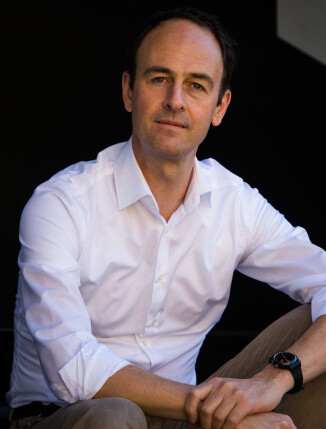
Mark Potse (scientific coordinator) is a research professor at the Université de Bordeaux, member of the electrophysiology and heart modeling institute Liryc and the CARMEN team at the Inria center in Bordeaux. Following a PhD in physics at the University of Amsterdam he previously worked in biomedical-engineering, physiology, and computational science labs in Montreal, Maastricht, and Lugano. He works both on the development of high-performance cardiac simulation methods and on challenging applications to research on atrial fibrillation and cardiac sudden-death syndromes. He is a council member of the International Society of Electrocardiology, and associate editor of the journal Frontiers in Cardiac Electrophysiology. homepage

Yves Coudière (scientific and technical manager) is professor in Applied Mathematics at the Université de Bordeaux and leader of the CARMEN team at Inria Bordeaux. He is a specialist of numerical analysis and computational cardiac models. He has a strong experience in the coordination of projects, including three nationally funded projects, projects within a multidisciplinary context with collaborative software development, with international and industrial partners.
Amina Guermouche is an associate professor at the engineering school Bordeaux INP and member of the STORM team at Inria Bordeaux. The team is part of the Laboratoire Bordelais de Recherche en Informatique (LABRI), UMR 5800 of the CNRS, Université de Bordeaux, and its engineering department, Bordeaux INP. She previously worked as a research engineer at Inria and at Université de Bordeaux, and as an assistant professor at Telecom SudParis. Her recent work focuses on dynamically adapting different CPU frequency domains to the application needs in order to reduce the power consumption. Before that, she focused on new fault tolerance algorithms for distributed applications.
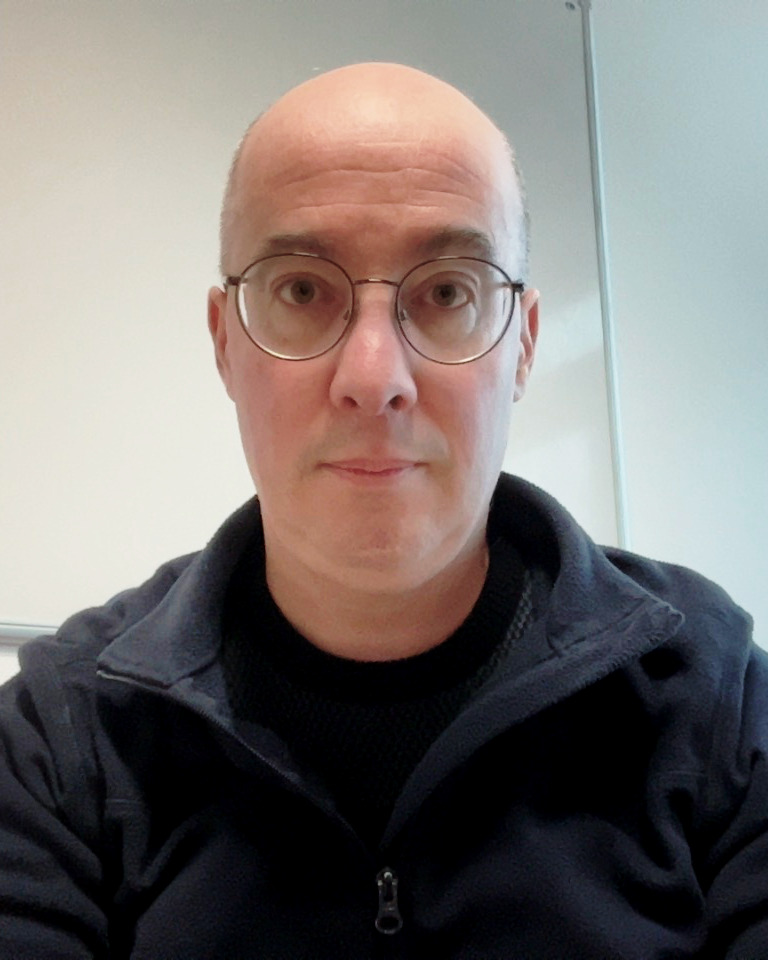
Olivier Aumage holds a full time Inria researcher position. He is a member of the STORM team at Inria and the LaBRI laboratory at the University of Bordeaux. His main research topics include parallel runtime systems, programming models and languages for high performance computing applications. He is involved in the development of the StarPU runtime.
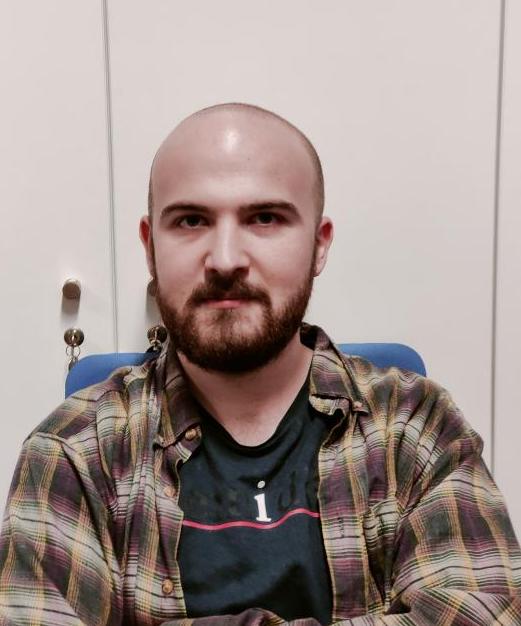
Vincent Alba is a PhD student at Université de Bordeaux, based in Inria's STORM team. He received his Master's degree in High Performance Computing in 2022 from Université de Bordeaux. His thesis focuses on task-based energy-aware dynamic scheduling.

Xavier Muller obtained his Master's degree in computer science in 2021. He is a recent member of the TADaaM team at the Inria center in Bordeaux and is working on partitioning methods for cell-by-cell meshes of cardiac muscle tissue.

Gengis Lourenco is a research engineer in the CARMEN team at Inria Bordeaux. He has a background in applied mathematics and mathematical modeling, he holds a Master's degree in partial differential equations (PDE) from Université de Pau obtained in 2023. He is interested by all the fields related to fundamental and applied mathematics, computing sciences, PDEs, and health. He is now involved in mesh construction software development for the MICROCARD project.

Guillaume Doyen is a young research engineer in the STORM team at the Inria center in Bordeaux. In 2024, he graduated from ENSEIRB-MATMECA in Bordeaux with an engineering degree in HPC and numerical methods. He will be working on power consumption measurements and reduction.
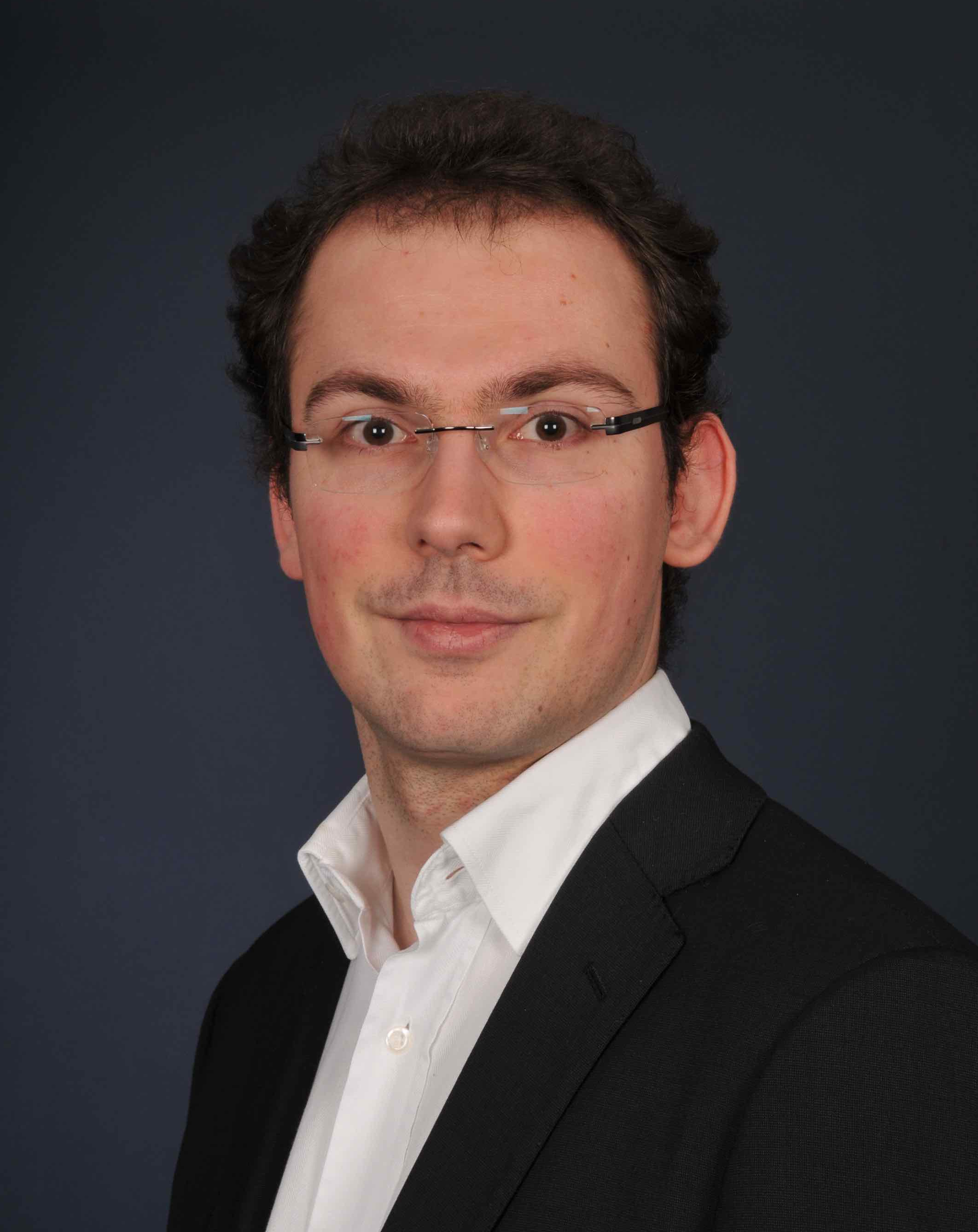
Nicolas Barral is an assistant professor at the engineering school Bordeaux INP and a member of the Inria CARDAMOM team. His research focuses on mesh adaptation techniques for different contexts, with a focus on computationally intensive simulations. He has worked in particular on designing and implementing mesh adaptation algorithms for 3D transient simulations with complex geometries, for aeronautics and geophysics applications. He has gained experience in developing a variety of meshing tools in an HPC context, on both shared memory systems and large HPC clusters.
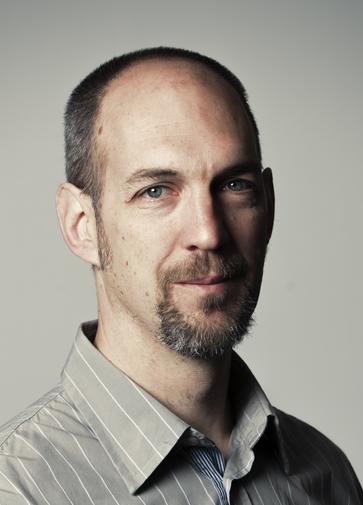
Edward Vigmond, PhD is a researcher at Université de Bordeaux and Liryc, where he is head of the modeling team. He has degrees in Biomedical Engineering from the University of Toronto. He was a professor at the University of Calgary for 10 years where he was also the Director of the undergraduate Biomedical Engineering Programme. He has over 30 years experience in HPC modeling of electrophysiology. He collaborates with colleagues from all over Europe and North America, both clinicians and basic scientists. He has coauthored cardiac simulation code which is currently freely available, and used by several laboratories around the world to produce articles in top ranked journals. Edward Vigmond is one of the 5 members of the Steering Committee of the openCARP project.
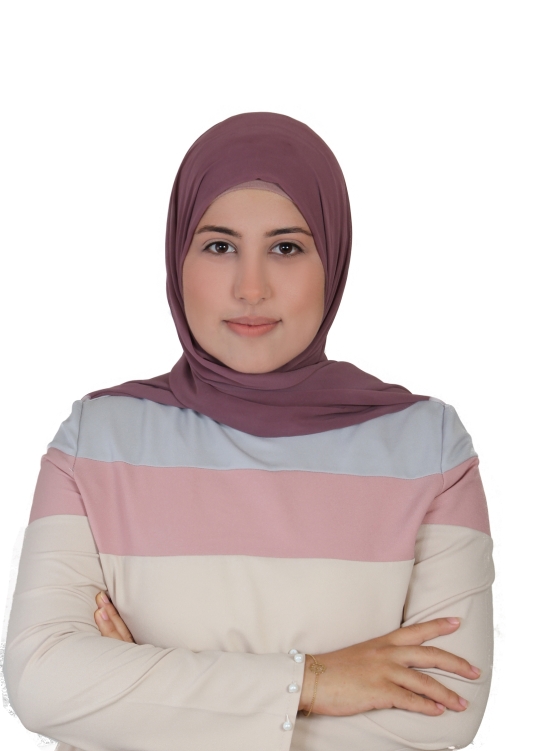
Zeina Chehade is a PhD student in Applied Mathematics and Scientific Computing at Université de Bordeaux, in the CARMEN team at Inria Bordeaux. She pursued her Master's degree in partial differential equations (PDEs) and Numerical Analysis from the Lebanese University. She is mainly interested in the field of modeling, mathematical and numerical analysis of PDEs, parallel computing and cardiac pathology (especially cardiac arrhythmia).
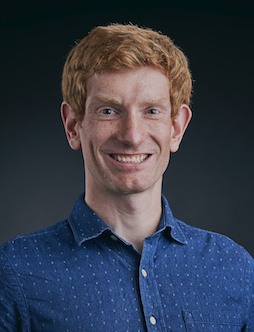
Axel Loewe is a KIT Associate Fellow and heading the junior research group "Computational Cardiac Modeling" at the Institute of Biomedical Engineering currently comprising 12 scientists and students. He holds a PhD in Electrical Engineering and Information Technology from KIT. He is an expert in modeling cardiac electrophysiology and mechanics starting from the ion channels up to the ECG on the body surface and the contraction of the heart. Axel Loewe is involved in several international collaborations including two Marie Skłodowska-Curie Innovative Training Networks and is one of the 5 members of the Steering Committee of the openCARP project. homepage
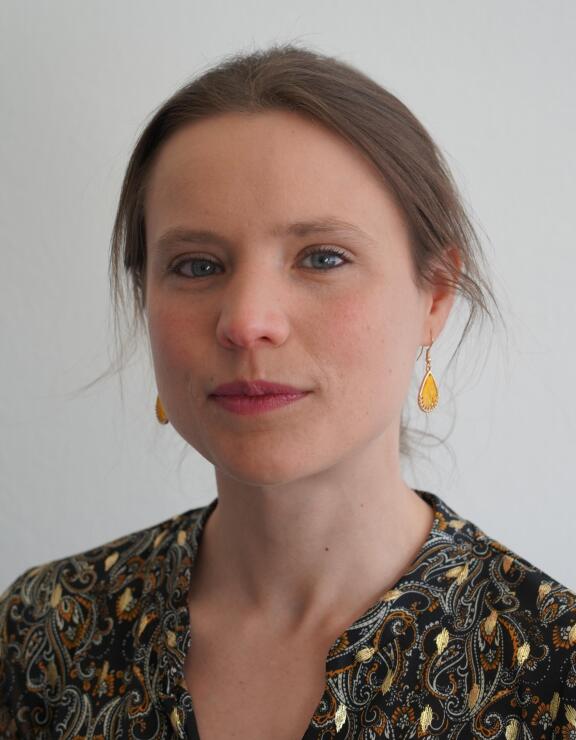
Marie Houillon is a research software engineer at the Institute of Biomedical Engineering at Karlsruhe Institute of Technology (KIT). She has a background in mathematics and computer science and obtained her PhD degree in applied mathematics from the University of Strasbourg in 2020. She has worked in particular on the development of scalable numerical methods for partial differential equations for electromagnetics and their implementation using HPC technologies.

Tobias Gerach is a research software engineer at the Institute of Biomedical Engineering at Karlsruhe Institute of Technology (KIT). He has a background in applied geophysics with focus on full waveform inversion of acoustic and elastic waves. In 2022, he obtained his PhD in electrical engineering and information technology in the cardiac modeling group lead by Axel Loewe at KIT. His doctoral research focused on multi-scale and multiphysics modeling of the human heart. In particular he published CardioMechanics, an open source finite element solver capable of electromechanically coupled whole-heart simulations, which was used in his research to simulate healthy and diseased human hearts. homepage
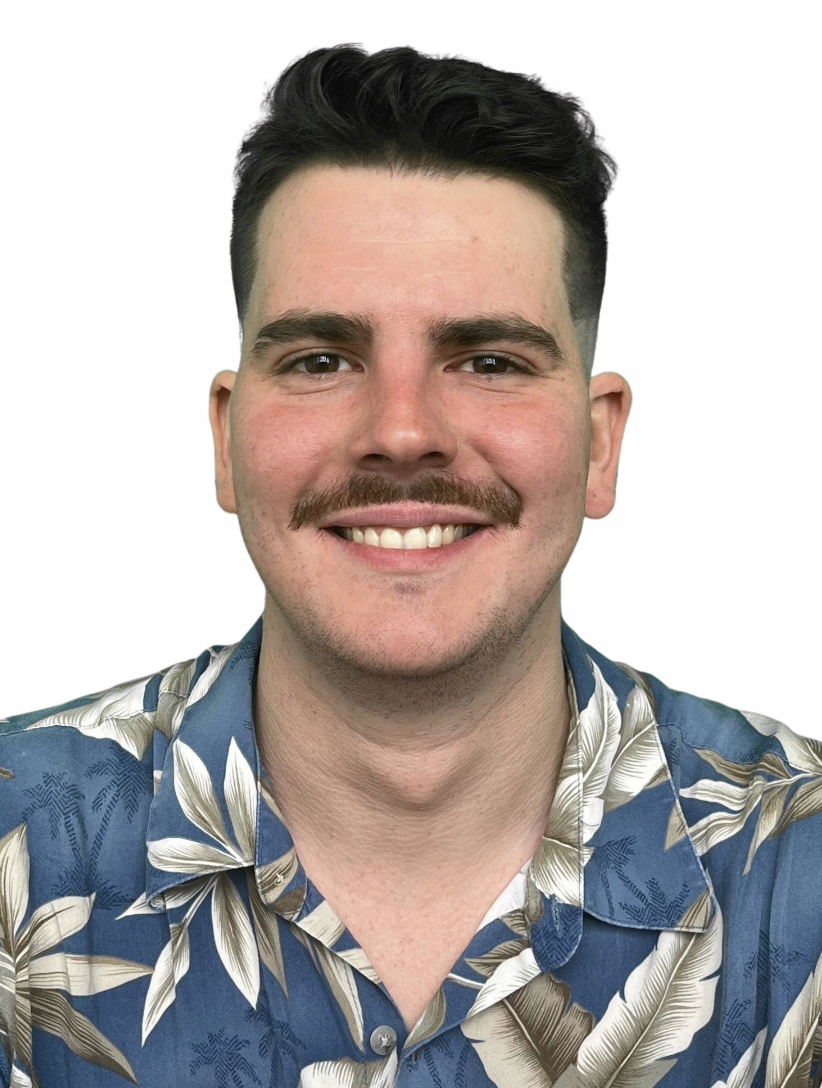
Joshua Steyer is a PhD student at Institute of Biomedical Engineering (KIT) in Axel Loewe’s Computational Cardiac Modeling group. He holds a Master’s degree in Physics from the University of Göttingen. In his Master’s thesis at the Max Planck Institute for Dynamics and Self-Organization, he numerically analyzed spatiotemporally chaotic excitation propagation with a special focus on cardiac dynamics. homepage

Grech Kitio is a research software engineer in the Computational Cardiac Modeling group at KIT. He holds a master’s degree in Modeling and Simulation with High-Performance Computing from ENS Paris-Saclay. His academic and professional background spans computational physics, numerical methods, and large-scale parallel simulations. Before joining KIT, he contributed to research projects in electromagnetic modeling of composite materials, quantum simulations, and molecular dynamics, conducted at institutions such as CNRS GeePs, Humboldt University, and Angers Photonics Lab. His work within the MICROCARD project focuses on optimizing the parallel performance of large-scale cardiac simulations, including benchmarking configurations, profiling the solver pipeline, and exploring HPC strategies for simulating electromechanics on complex cardiac meshes. His interests also include domain decomposition methods, performance portability, and integrating modern software engineering practices into scientific computing workflows.
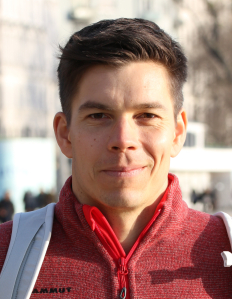
Hartwig Anzt is a Professor at TU Munich and the former director of the Innovative Computing Laboratory at the University of Tennessee. He has a strong background in numerical mathematics, specializes in iterative methods and preconditioning techniques for next generation hardware architectures. Complementary to this, Hartwig Anzt is researching and exercising sustainable software development. He has a long track record of high-quality software development. Hartwig Anzt is author of the MAGMA-sparse GPU linear algebra software package and managing lead of the Ginkgo numerical linear algebra library. He is a co-PI of the PEEKS project and the xSDK project inside the software technology effort of the US Exascale Computing Project (ECP). Dr. Anzt is also the technical PI of the multiprecision effort in the xSDK project, a coordinated effort aiming at integrating low-precision functionality into high-accuracy simulation code. github

Pratik Nayak is a postdoctoral researcher at the Technical University of Munich. He obtained his PhD from Karlsruhe Institute of Technology, Germany in 2023, in the field of Computer Science, focusing on large scale asynchronous and batched solvers. His research interests include numerical linear algebra, GPU computing, asynchronous algorithms, probabilistic methods, and sustainable software design and development. He is a core member of the Ginkgo software library.
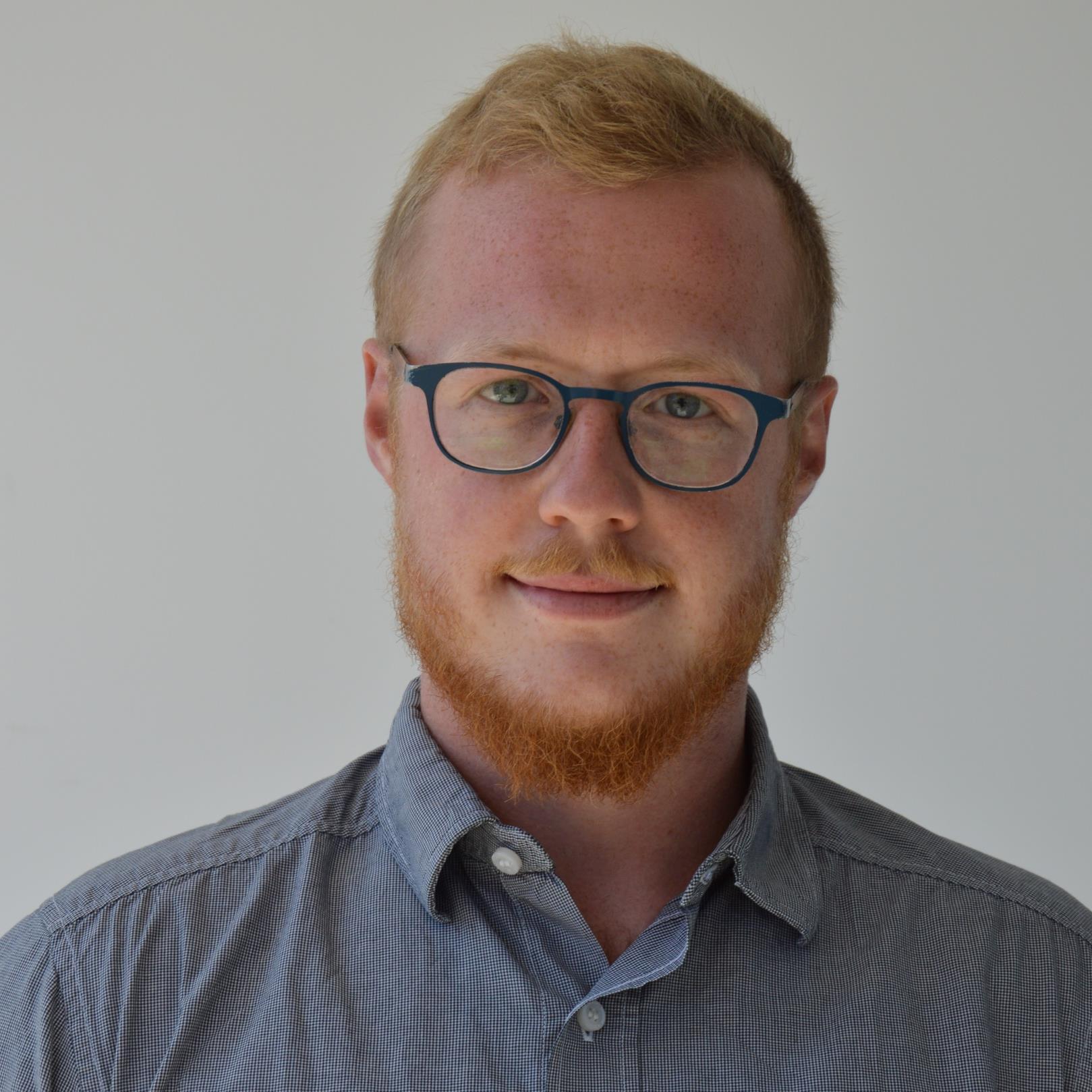
Fritz Goebel is a PhD student in Hartwig Anzt's group at the TU Munich. He received his Master's degree in Mathematics in 2020 at KIT with a thesis on mixed precision preconditioning techniques in numerical sparse linear algebra. His current research interests are domain decomposition preconditioners like BDDC, and their HPC implementation in the open source software library for sparse linear algebra Ginkgo.
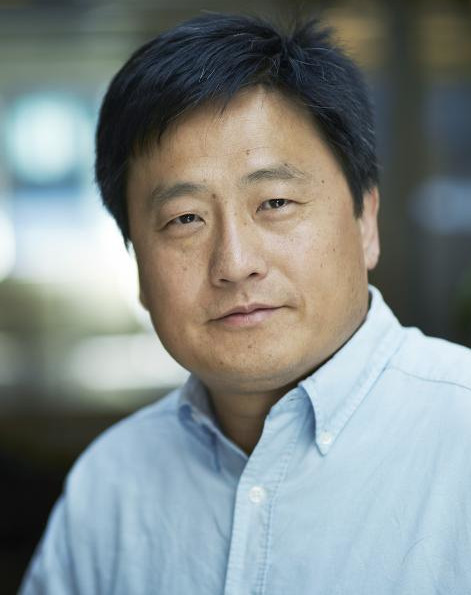
Xing Cai is professor in Scientific Computing at University of Oslo and Head of the HPC Department at Simula. He has more than 20 years of research experience in HPC, numerical methods for solving PDEs and PDE software. His recent research topics include parallel programming methodologies for hardware accelerators, software tools for automated code generation, and HPC applications in computational cardiac electrophysiology.

Hermenegild Arevalo is a Senior Research Scientist and Department Head at the Computational Physiology department in Simula. He has more than 10 years of experience in computational cardiac electrophysiology. His work has focused on translating computational modeling from the realm of pure mechanistic research towards applicability in the clinic. He generated a pipeline that creates subject-specific models that can be used to gain insight into that individual’s unique arrhythmic propensity. His work also led to one of the first translation of computational models into clinical use through a small clinical prospective study. Recently, he has built upon his previous work and extended it to address other disease types such as atrial fibrillation and stem cell-induced arrhythmia.
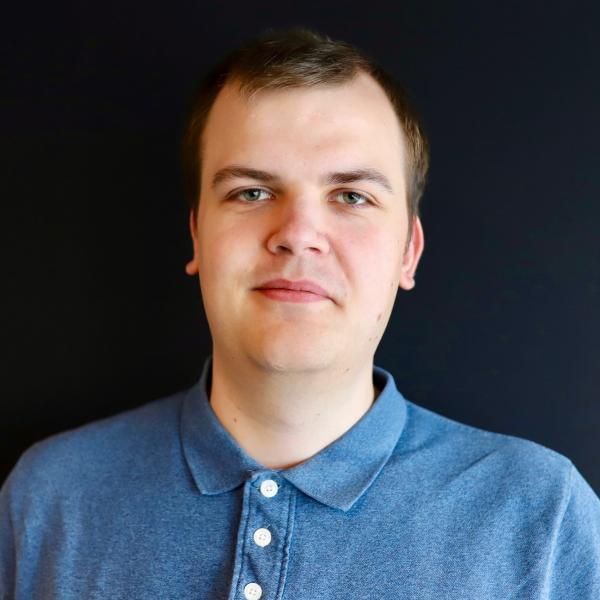
Kristian Gregorius Hustad is a PhD student at Simula. He received his master degree in computer science from University of Oslo in 2019. In his master thesis, he managed to collectively use 16 Nvidia V100 GPUs that are located inside a DGX-2 machine to efficiently simulate the monodomain model on realistic whole-heart geometries. His PhD project investigates how to efficiently program and optimize simulators that fully resolve the extracellular, membrane and intracellular domains. His research topics include SIMD vectorization, mesh partitioning and GPU programming.
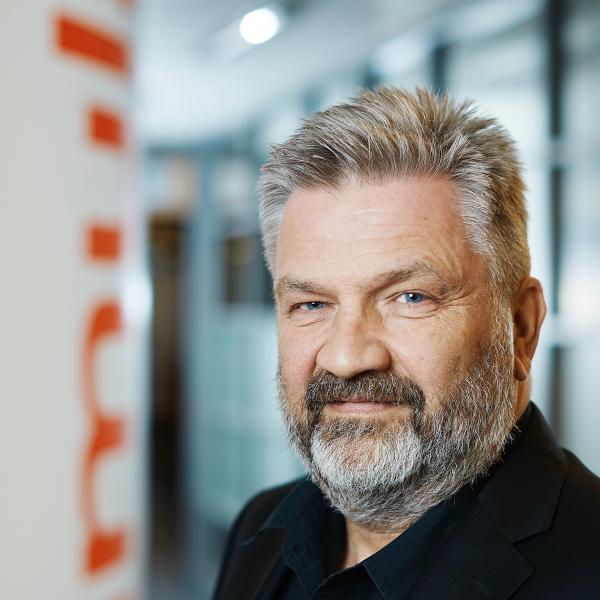
Aslak Tveito is professor in Scientific Computing at University of Oslo and the Managing Director of Simula Research Laboratory. He has more than 30 years of research experience in mathematical modeling, numerical methods for solving PDEs and PDE software. His recent research topics include a mathematical theory for the origin of cardiac arrhythmia, numerical methods for PDEs that model the electrophysiology of the heart, calcium-depolarization-calcium waves, and computing characterizations of drugs for ion channels and receptors. He has extensive experience with industrial innovation, being a long-time member of the board of directors for a commercial start-up company and having supervised the establishment of 13 commercial companies from Simula.

Miroslav Kuchta is a senior research scientist at the Department of Numerical Analysis and Scientific Computing at Simula. He received his PhD in Mathematics from the University of Oslo in 2017. His research focuses on numerical methods for PDEs, in particular, on robust finite element discretizations and efficient preconditioning of mixed-dimensional multiphysics models and their application in computational biomechanics and electrophysiology.

James D. Trotter is a Research Scientist in the HPC department at Simula. He received his PhD in Computer Science from the University of Oslo in 2021. His research focuses on high-performance computing for finite element methods, sparse linear algebra and other scientific computing codes, particularly through the use of GPU computing and performance modelling tools.
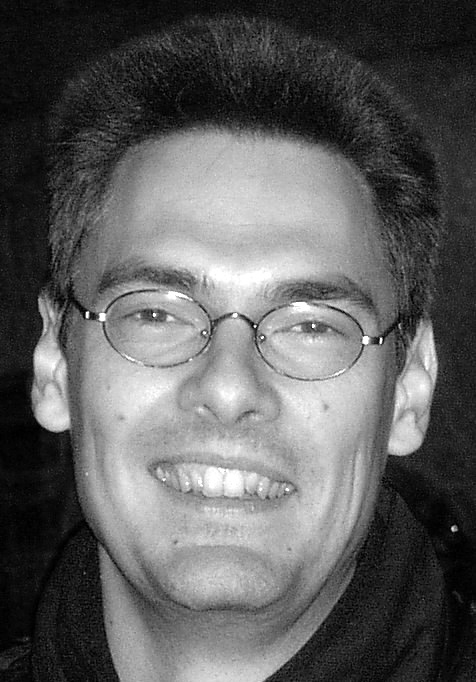
Martin Weiser is head of the Numerical Mathematics department at the Zuse Institute Berlin (ZIB). He is an expert on numerical methods for partial differential equations as well as related inverse and optimization problems. He also heads the Computational Medicine group at ZIB and has worked on simulation, identification, and optimization in topics as electrophysiology, cancer treatment, surgery planning, synapse formation, biomechanics, and time of death estimation. Since 2015, he is member of the scientific advisory board of the Centre for Computational Medicine in Cardiology in Lugano. He received his PhD in mathematics from Freie Universität Berlin in 2001. homepage
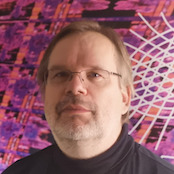
Thomas Steinke is head of the Supercomputing department at Zuse Institute Berlin (ZIB) and responsible for HPC research, consulting and operation. He is an expert in working with innovative heterogeneous architectures with many-core and vector CPUs, FPGAs and GPUs. His research interest is here the interplay between scientific and data analytics applications and parallel simulation methods and the various heterogeneous platforms. Thomas leads the Intel Parallel Computing Center at ZIB (IPCC@ZIB) since 2013 focusing on optimal software implementations on many-core processors (Intel Xeon Phi). Recently, the research focus was extended to vector CPUs (NEC) and FPGAs. The latter continues activities of the OpenFPGA initiative which was co-founded by Thomas in 2005. He received his doctorate in natural sciences in theoretical chemistry from the Humboldt University of Berlin.
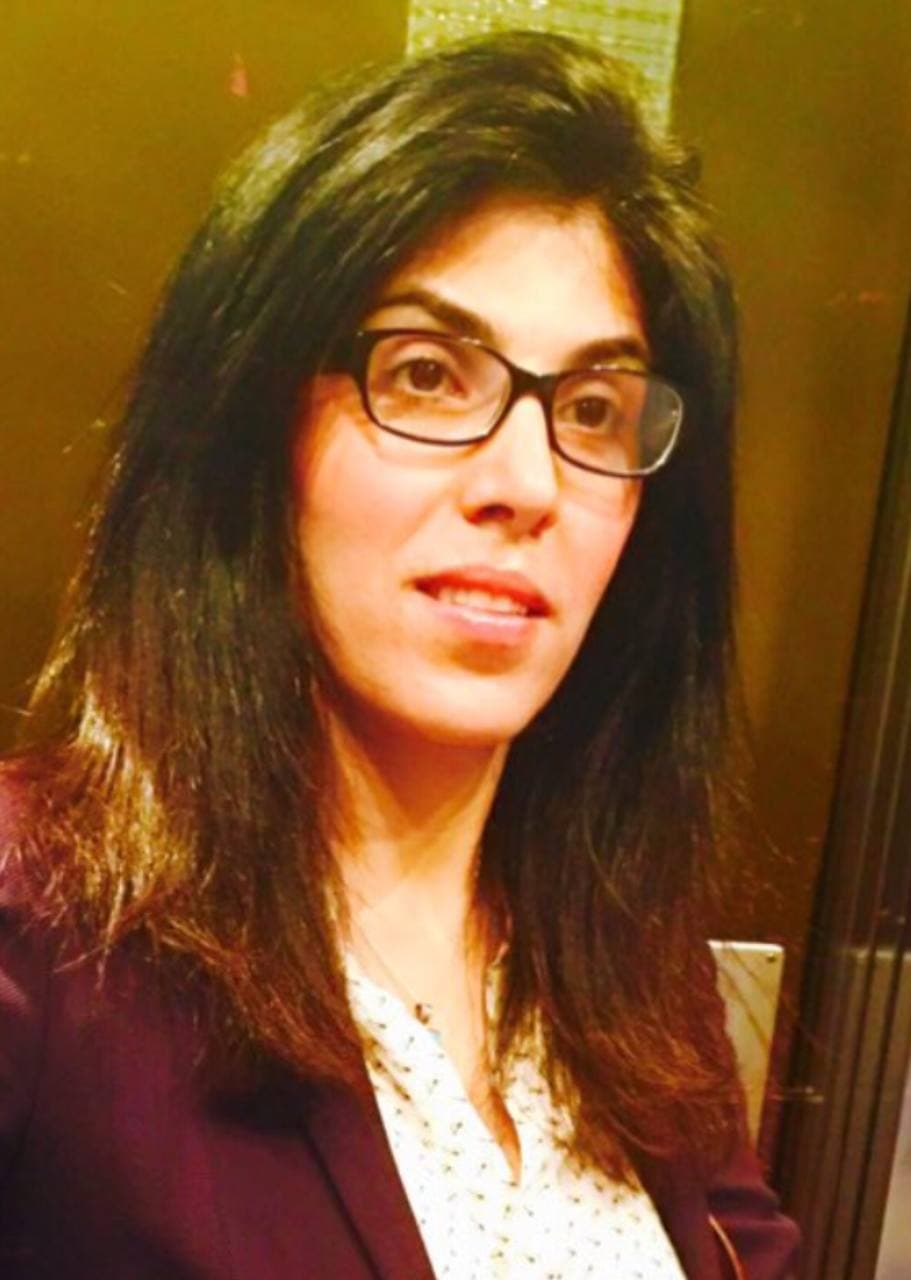
Fatemeh Chegini is a postdoc at Zuse Institute Berlin (ZIB). She was previously a PhD student in Computational Science from the the Università della Svizzera italiana working on an inverse problem in electrophysiology finding the scar regions and conductivity tensors semi-invasively with the goal of a patient specific modeling, by combining existing mathematical cardiac electrophysiology models and using recursive multilevel optimization techniques.
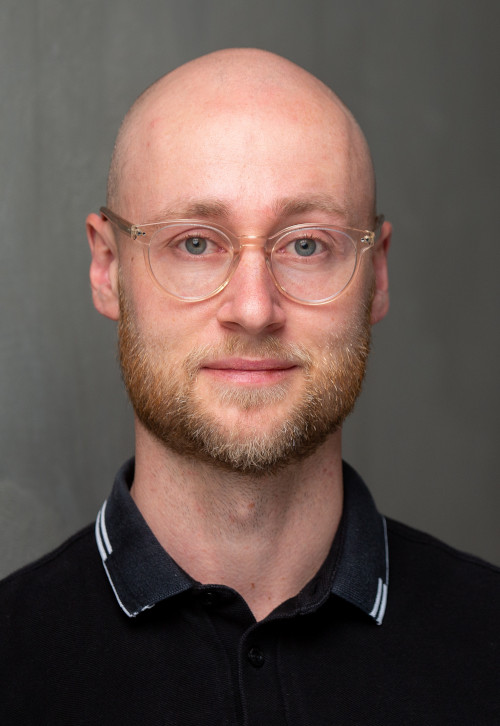
Julian Schramm is a research software engineer at Zuse Institute Berlin (ZIB). He holds a Master's degree in Scientific Computing from the TU Berlin. In his Master's thesis, he proved a sharper error bound for deflated preconditioned Conjugate Gradient, leading to new decision rules for adaptively multi-preconditioning. His research interests are numerical methods for solving PDEs and numerical linear algebra algorithms for HPC architectures.
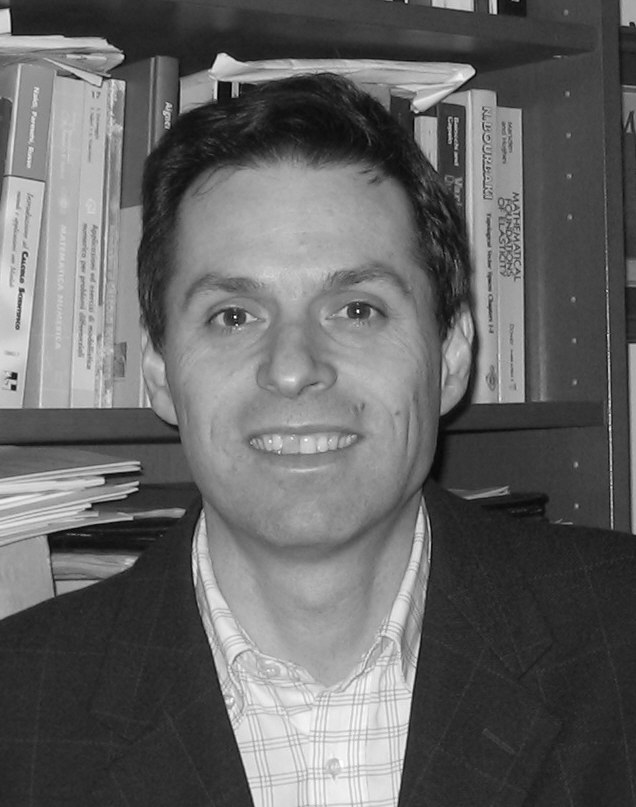
Luca Pavarino is professor of Numerical Analysis at the Department of Mathematics of the University of Pavia. He received a degree in Mathematics from the University of Pavia (1987) and a PhD in Mathematics from the Courant Institute of Mathematical Sciences, NYU, USA (1992). His expertise includes scalable numerical methods for PDE, domain decomposition methods, parallel iterative solvers, computational cardiology, where he has been active for more than 25 years. He works on the development of high-performance cardiac simulations, scalable PDE codes and biomedical applications.

Simone Scacchi is Associate professor of Numerical Analysis at the Department of Mathematics of the University of Milano. He received a degree in Mathematics from the University of Milan (2004) and a PhD in Mathematics and Statistics from the University of Pavia (2008). He was a post-doctoral research associate at the University of Pavia (2008) and then Assistant Professor at the University of Milan (2008-2015). His research interests focus on computational electrocardiology, numerical methods for partial differential equations, domain decomposition methods, parallel computing, and computational mechanics.
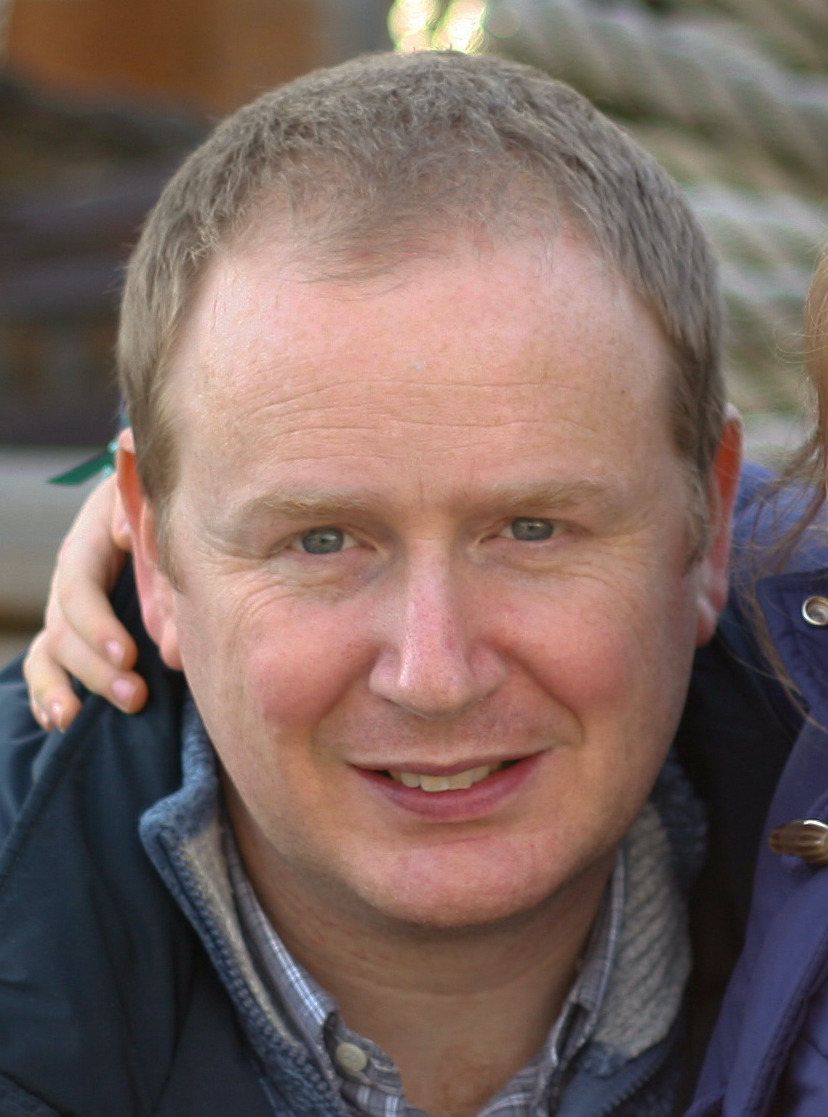
Stefano Gualandi is Associate Professor of Operations Research at the Department of Mathematics of University of Pavia, since 2019. He obtained the Dr. Ing. Degree in Computer Science Engineering summa cum laude in 2002. He got a Master in Artificial Intelligence in 2004, at the Katholieke Universiteit te Leuven, Belgium and he got a Ph.D. from Politecnico di Milano in 2008. His current research interests focus on mathematical models and HPC algorithms for combinatorial optimization problems.
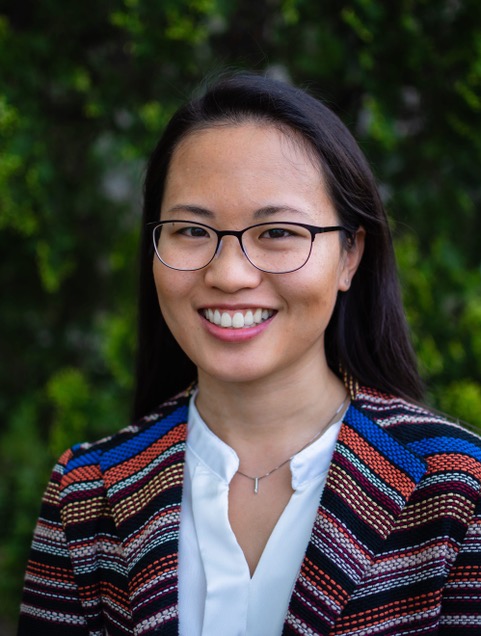
Ngoc Mai Monica Huynh is a research fellow (contrattista di ricerca) at the University of Milan. Her research focuses on the development of scalable and parallel solvers for several applications, primarily in the biomechanics context. She has been previously employed as a post-doctoral fellow within the MICROCARD project at the University of Pavia. Her background compasses domain decomposition methods for the solution of problems in cardiac electrophysiology. She received her M.Sc. in Mathematics at the University of Milan in 2018 and completed her PhD in the joint program in Computational Mathematics and Decision Sciences between the University of Pavia and the Università della Svizzera italiana in 2021. homepage
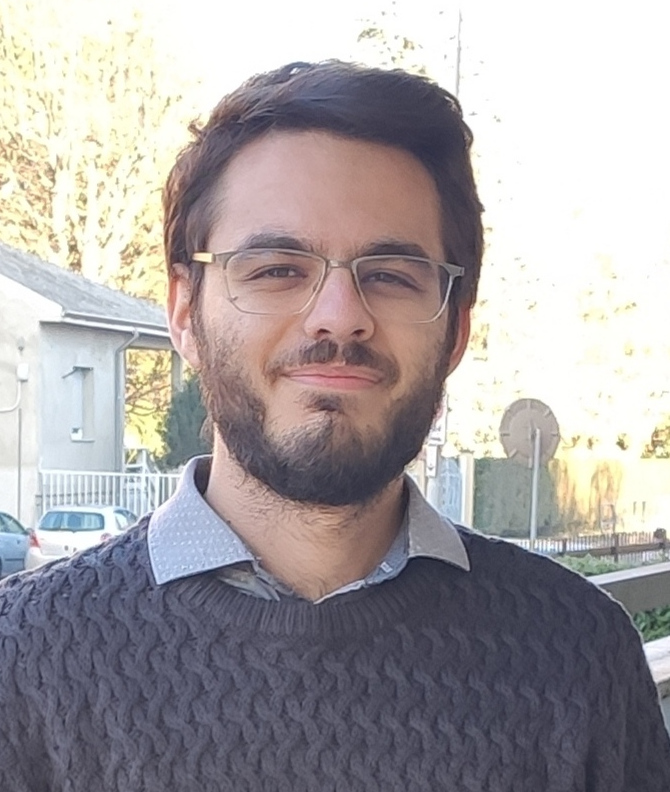
Edoardo Centofanti is a postdoctoral researcher at the University of Pavia. He earned his M.Sc. in Physics from the University of Pavia in 2021 and completed his PhD in 2024 as part of the joint program in Computational Mathematics and Decision Sciences between the University of Pavia and the Università della Svizzera italiana. His doctoral thesis, titled Efficient Solvers and Machine Learning Approaches in Cardiac Electrophysiology on High-Performance Computing Architectures, focused on developing scalable preconditioners optimized for parallel computing architectures, specifically for the bidomain and cardiac cell-by-cell models. his research interests include high-performance computing, scientific computing, scientific machine learning, and the application of these advanced computational techniques to cardiac electrophysiology. homepage
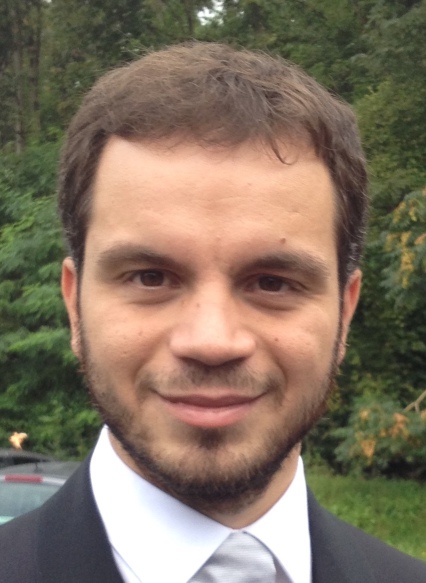
Simone Pezzuto is an Assistant Professor at the University of Trento and an external collaborator at the Euler Institute of Università della Svizzera italiana. His research lies at the intersection of applied mathematics and cardiac modelling, with a focus on developing novel numerical methods for efficient solutions of complex cardiac models and the creation of digital twins. His work leverages PDE-constrained optimization, scientific machine learning, uncertainty quantification, and Bayesian optimization. In collaboration with clinicians and physiologists, he applies these methodologies to clinically relevant challenges, including atrial fibrillation and cardiac resynchronization therapy.
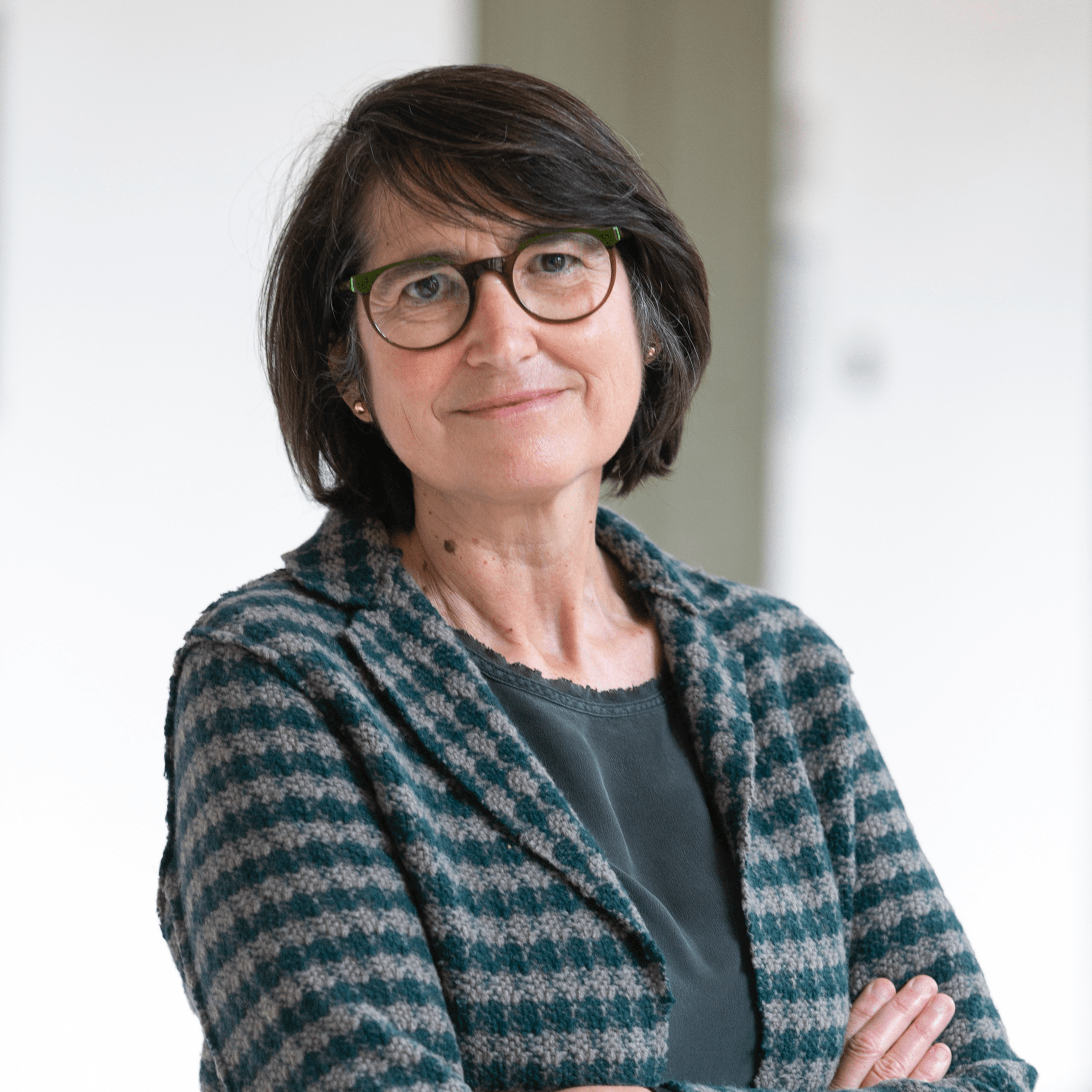
Ana Alonso Rodriguez is a Full Professor of Numerical Analysis in the Department of Mathematics at the University of Trento since 2020. Her research focuses on the numerical approximation of partial differential equations and computational electromagnetism, with a particular emphasis on finite element methods. She is also interested in inverse problems and domain decomposition methods. She has worked on the eddy current approximation of Maxwell's equations and, more recently, on the numerical approximation of the eigenvalue problem of the curl operator and high-order polynomial differential forms.
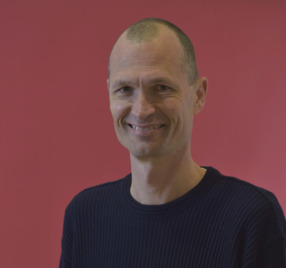
Robert Nürnberg received a PhD in Numerical Analysis in 2003 from Imperial College London. After the PhD he worked first as a Lecturer and then as a Senior Lecturer at Imperial College, before moving to Trento in 2020 as an Associate Professor in Numerical Analysis. The main fields of interest are Numerical Analysis and Scientific Computing. In particular, his research often focuses on variational numerical methods for moving interface problems that can arise in Materials Science, Crystal Growth, Fluid Mechanics, Engineering, Biomathematics or Differential Geometry. Example applications in Biomathematics he worked on in the past include diffuse interface models for tumour growth and sharp interface appromixations of simplified models for biomembranes and vesicles."

Sara Demo is a junior researcher in mathematics at the University of Trento. In 2024, she obtained the MSc in Mathematics from the University of Trento, with a thesis on numerical methods for hyperbolic PDEs. The Master provided to her a solid background in applied mathematics and advanced modeling techniques for biomedical problems. She is particularly interested in the field of modeling, mathematical and numerical analysis of PDEs, with a focus on addressing critical challenges in healthcare. Currently, she is involved in developing coupling strategies for combining the bidomain model with its non-homogenized counterpart EMI model for the MICROCARD project.
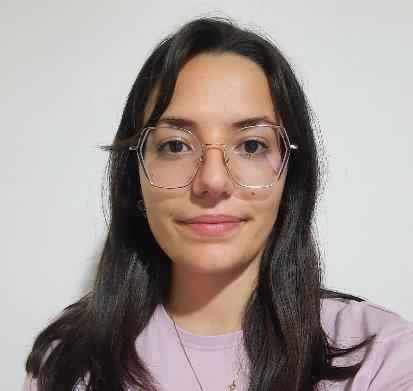
Enia Ottavi is a research fellow at the University of Trento. In 2024, she received her Master's degree in Mathematics from the University of Trento, Italy, specializing in mathematical modeling for biomedical applications. Her Master's thesis, "Rule-Based Modeling of Cardiac Fibers in Complex Atrial Geometries with Applications to Electrophysiological Simulations," explored methods for reconstructing fiber distributions in atrial geometries with a focus on electrophysiological simulations. She is currently working with the openCARP platform.
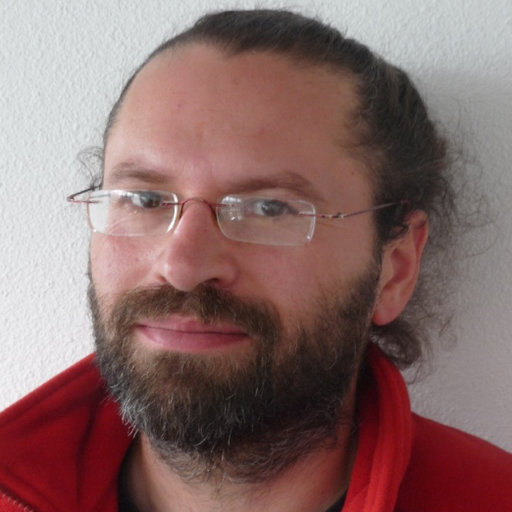
Vincent Loechner is assistant professor at the University of Strasbourg since 2000 and a member of the ICube laboratory. His research interests include automatic parallelization in the polytope model and optimization techniques for high performance, memory hierarchy accesses efficiency and low power consumption on various architectures. He is also involved in fundamental research on algebra and polyhedra. He is in charge of maintaining the polyhedral library PolyLib.

Cédric Bastoul is a professor at the University of Strasbourg and a member of the ICube laboratory. His research interests are in compiler techniques for optimization and parallelization with a strong emphasis on code restructuring using the polyhedral model. He created and/or maintains widely used algorithms and tools in the polyhedral compilation community such as the code generator CLooG or the PIP solver. He pioneered the integration of adaptive numerical analysis techniques in optimizing compilers to generate adaptive codes.
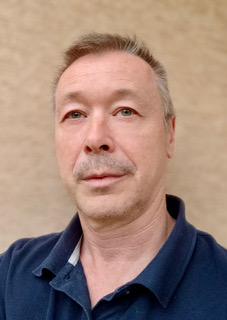
Stéphane Genaud is a professor on the leave from the ENSIIE engineering school at the University of Strasbourg and is member of the ICube laboratory and Inria Camus team. His research interests lie in distributed computing, runtime systems, scheduling, parallelization and optimization.
Adilla Susungi is a member of the ICube laboratory. She obtained her PhD in 2018 from Mines Paris - Université Paris Sciences et Lettres and was previously a research engineer at Huawei Paris Research Center. She is interested in compilers for parallel architectures.
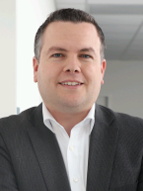
Axel Auweter is CTO and general manager at MEGWARE. In his role, he oversees a team of hardware, firmware and software engineers working on improving MEGWARE's award-winning ColdCon® liquid cooling technology for energy efficient high-performance computing systems and MEGWARE's ClustWare® cluster management software. His academic background is in system monitoring, computer architecture, system level programming and operating systems.
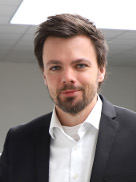
Nico Mittenzwey joined MEGWARE as HPC engineer in 2011. With a strong interest in working with latest technologies, Nico made a name for himself in the field of HPC benchmarking and now acts as the lead of MEGWARE's benchmarking team. In this role, he was responsible for the benchmarks in all of MEGWARE larger cluster projects in recent years. Prior to joining MEGWARE, he worked as research associate at Technical University of Chemnitz Computing Center (URZ) where he was in charge of URZ’s HPC systems. His academic background is in distributed computer architecture and high speed low latency networks.
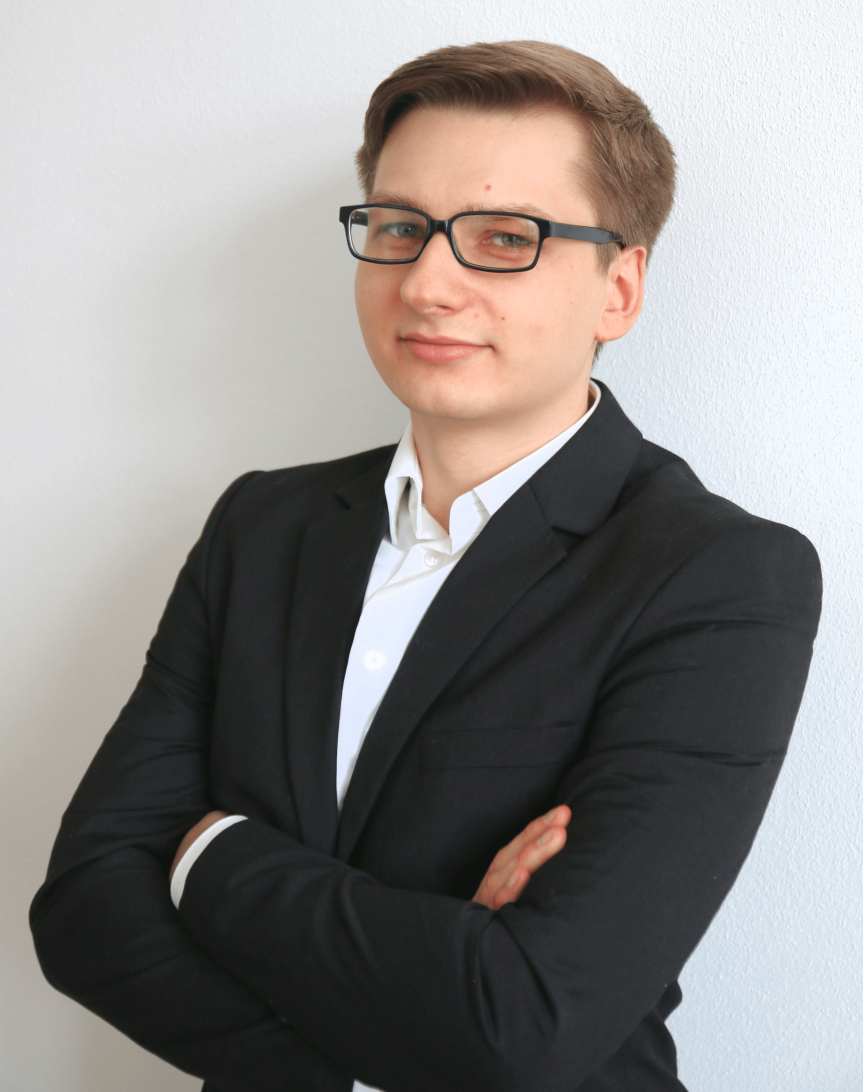
Nico Tippmann is a software engineer at MEGWARE. He obtained his Master's degree at Chemnitz University of Technology with a thesis on the topic of "Automation of Continuous Benchmarking for High-Performance Computing". In this thesis a new concept for Continuous Benchmarking was developed, which provides an automated and universally applicable platform to schedule, benchmark and analyse HPC applications. Nico is currently working on MEGWAREs cluster management and monitoring solution.
Former members
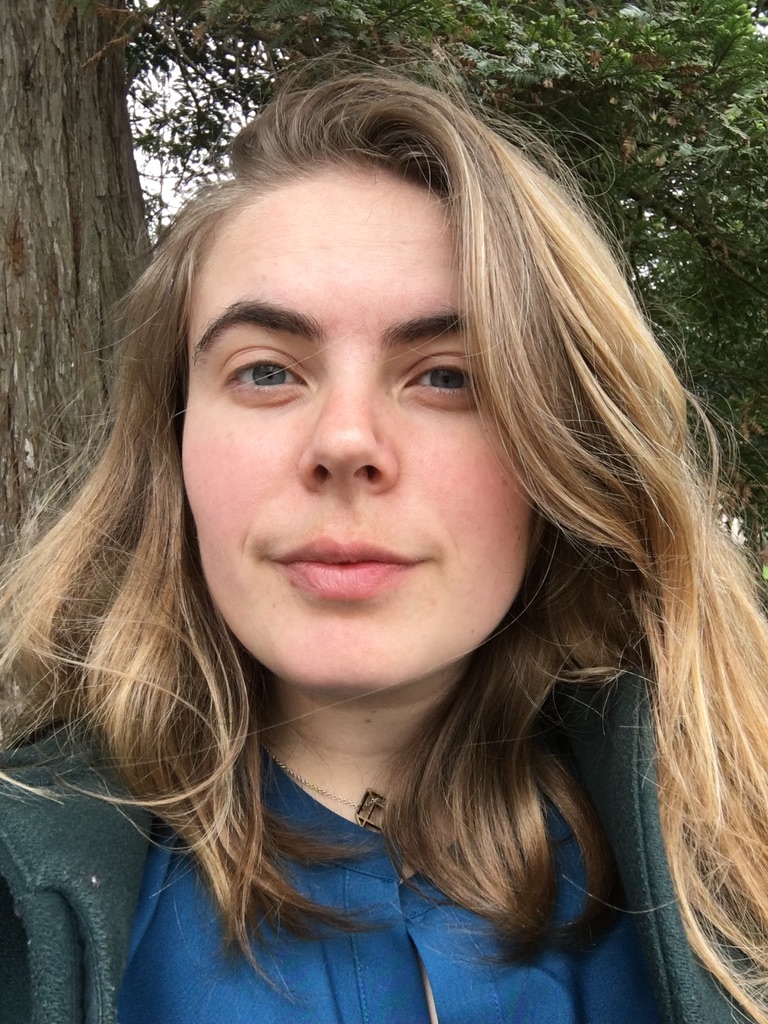
Andréa Alexander was our project manager from 2022 to 2024. She graduated from Université Bordeaux Montaigne with a Masters degree in research engineering and communication sciences in 2015. Until 2020 she worked as a junior researcher and project manager for the SEMDI project (Sémiotique du design d'information) funded by the Conseil Régional Nouvelle Aquitaine and coordinated by the MICA research unit. The program brought together international experts around the understanding of information design as a new visual language for public and scientific communication.
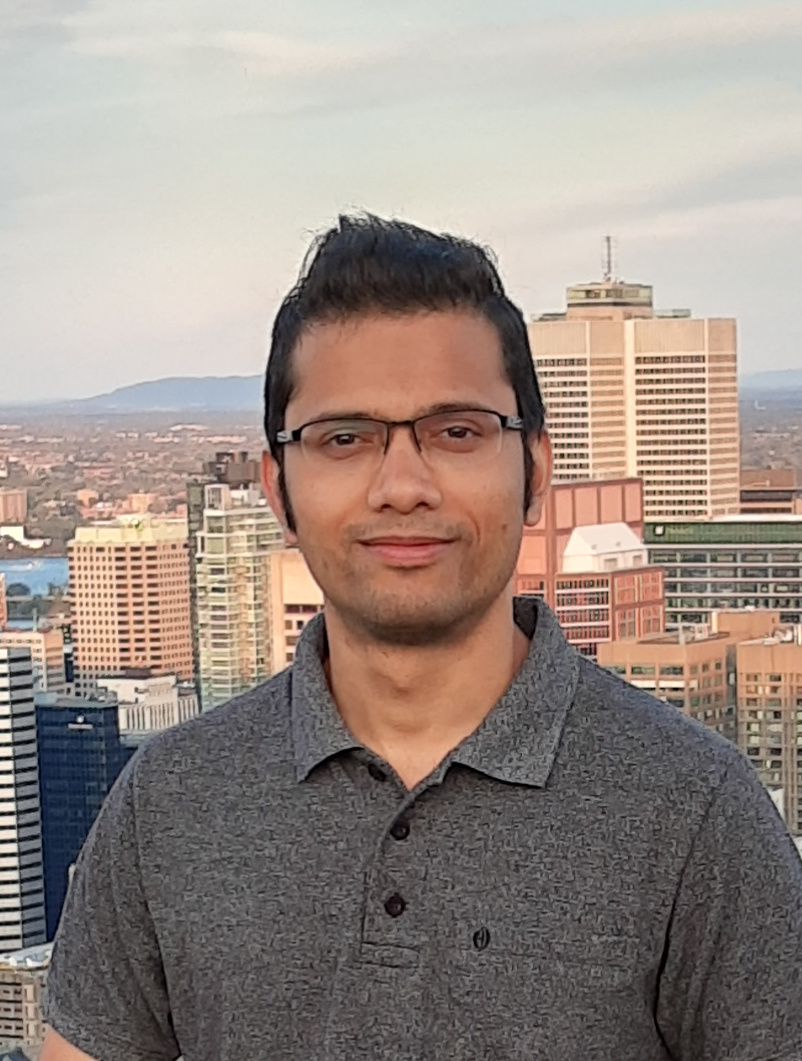
Aditya Kashi, PhD is a post-doctoral researcher in Hartwig Anzt's group at the Steinbuch Centre for Computing in Karlsruhe Institute of Technology. He completed his PhD in Mechanical Engineering in 2020 at McGill University, Canada, with a thesis on asynchronous parallel smoothers and preconditioners for computational fluid dynamics. He has worked for short periods at Bombardier Aviation and EMWorks, inc. on different computational problems for industry. Currently, his work deals with point-block preconditioning and batched sparse methods optimized for graphics processing units.
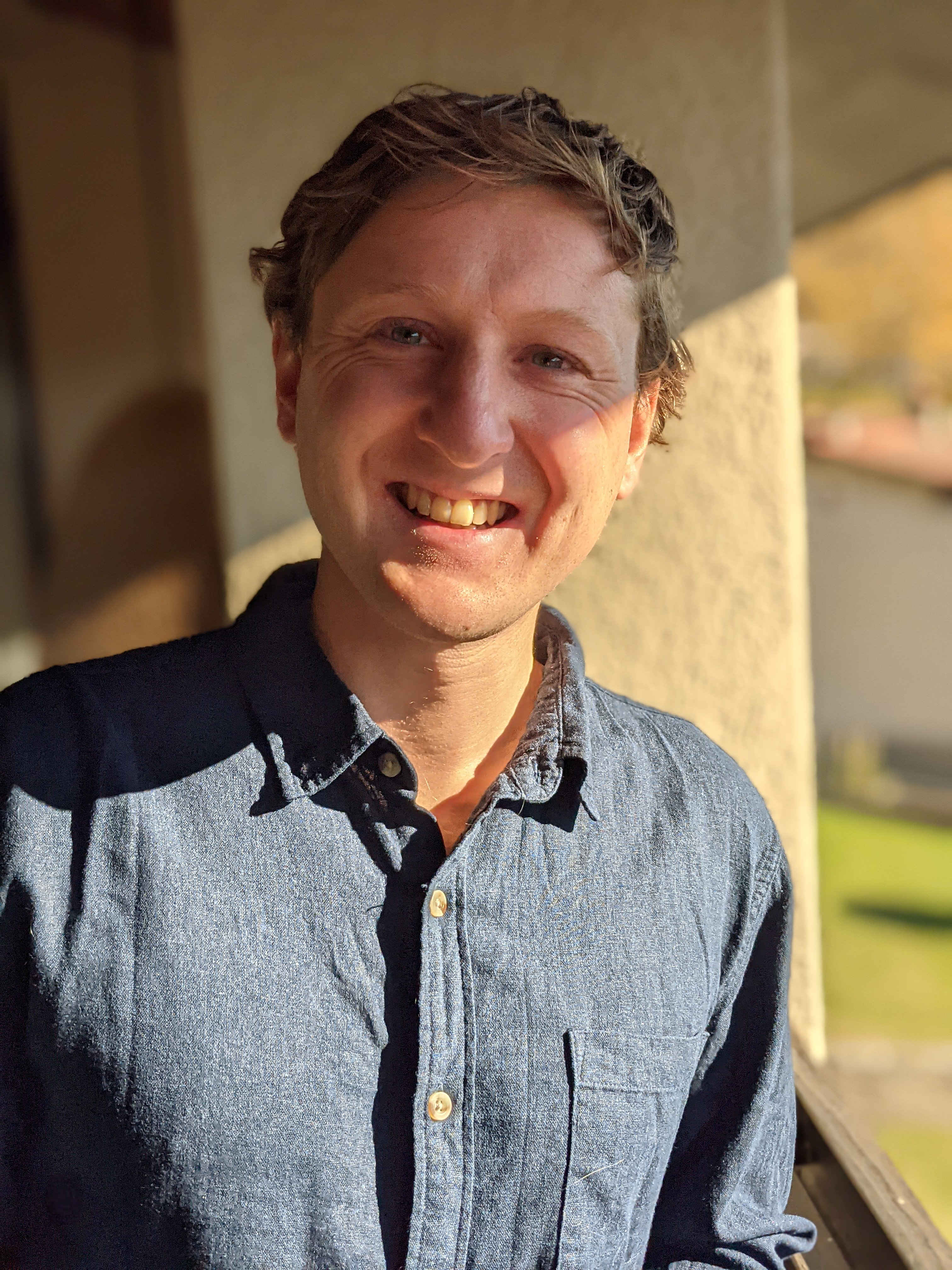
Giacomo Rosilho de Souza is a postdoctoral researcher at Università della Svizzera italiana. He obtained his PhD at EPFL (2020), where he designed multirate explicit stabilized methods for stiff deterministic and stochastic differential equations. During his first year of postdoc, at EPFL, he worked on mixed-precision Runge-Kutta methods and integration schemes for jump-diffusion differential equations.
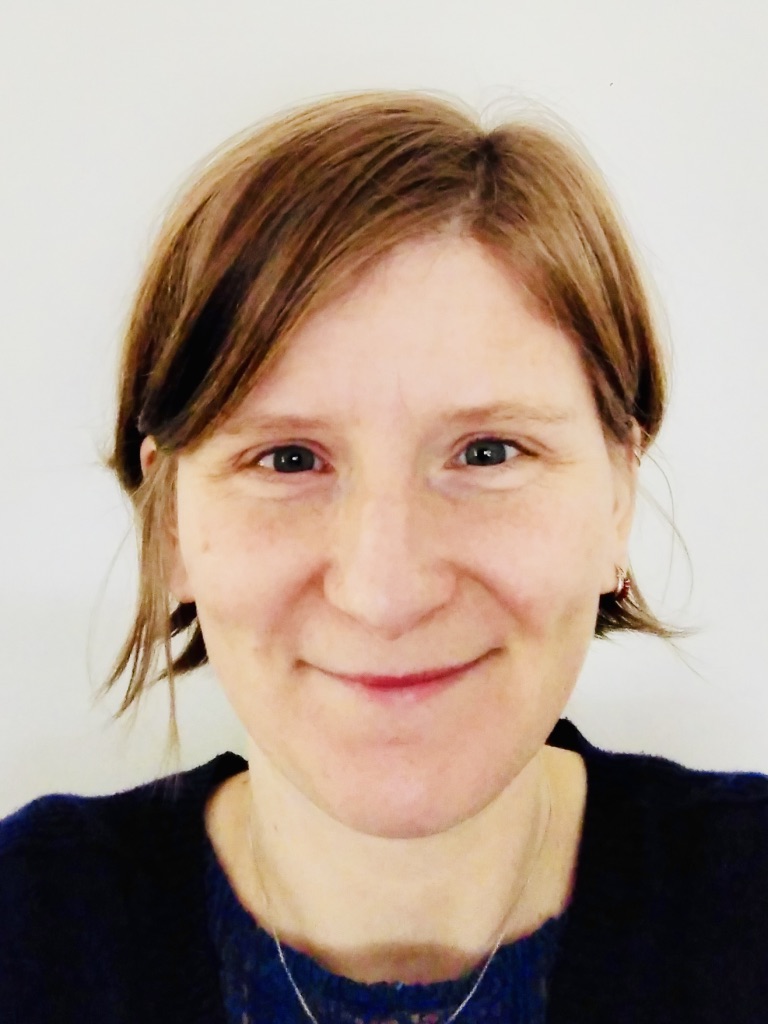
Algiane Froehly, PhD is a software engineer at Inria. She has a permanent position in the SED service, where, within the InriaSoft program, she is in charge of the MMG Consortium. She is specialized in mesh tools and more specifically in mesh adaptation and mesh modification techniques. She has worked in the Mmg team for 8 years and is currently responsible for the development, the promotion, the distribution, and the user support of the Mmg platform. Since a few years she also coordinates projects in which Mmg is involved, among which the Icarus FUI (Single Interministry Fund) and the ExaQUte European project.
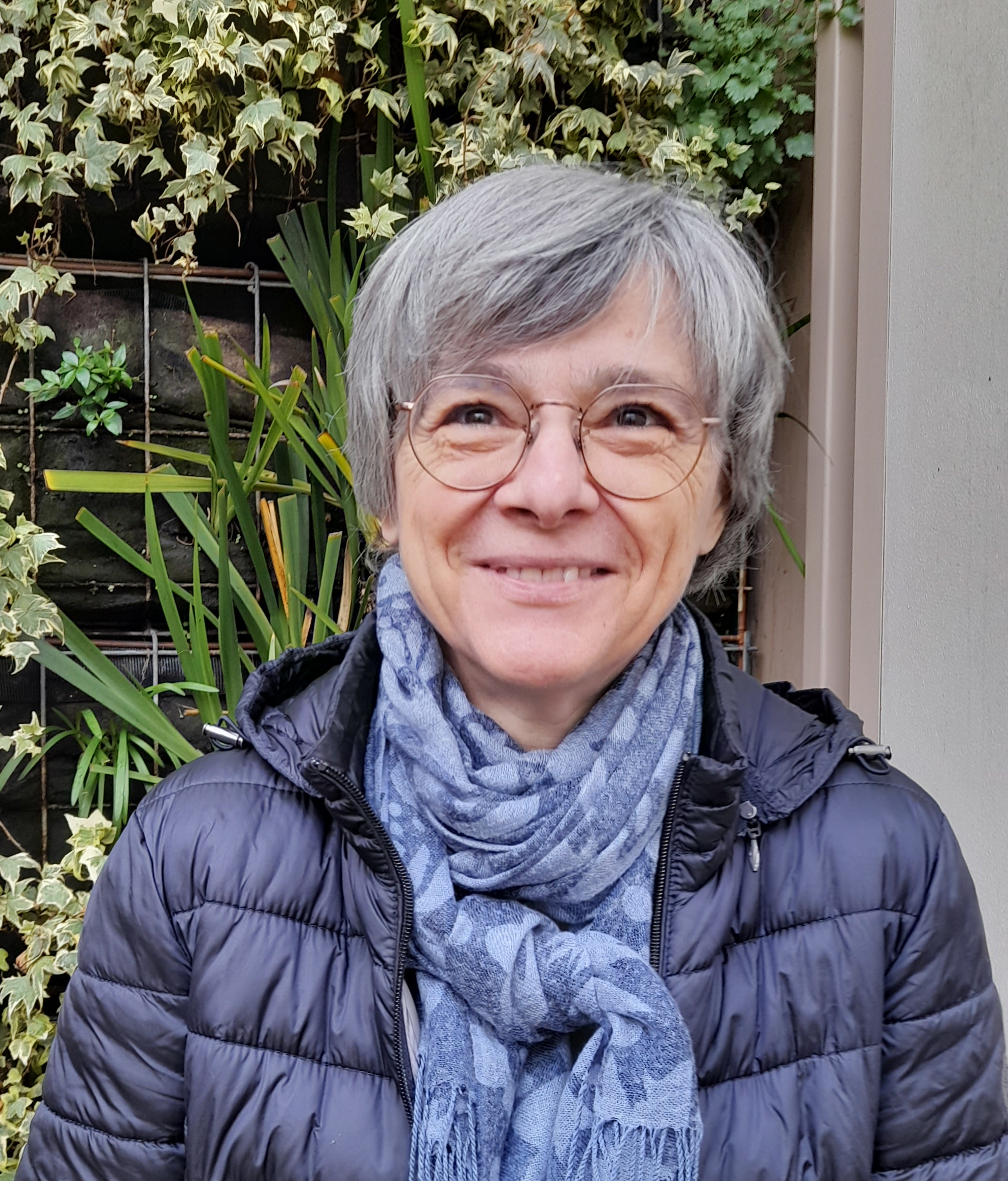
Marie-Christine Counilh is an assistant professor at the Université de Bordeaux and a member of the STORM team, at Inria Bordeaux and LaBRI (Laboratoire Bordelais de Recherche en Informatique). Her research activity is in the field of parallel languages and runtime support for parallel architectures, in particular for irregular parallel applications. Her recent work focuses on the optimization of OpenCL applications on heterogeneous architectures, combining a static and a dynamic approach.
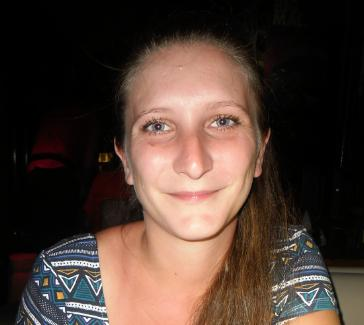
Laetitia Mottet, PhD, is an associate professor at the engineering school Bordeaux INP since September 2024. She previously worked as a researcher in the Inria CARMEN team, after working as a Post-Doctoral Research Associate at Imperial College London and the University of Cambridge, UK. She holds a PhD in fluid mechanics and thermal sciences from the Institut National Polytechnique (INP) of Toulouse. She has expertise on complex geometries and meshes; airflows, heat transfer and transport of pollution in urban environments, buildings and porous medium using Computational Fluid Dynamics (CFD) coupled with neural network and/or data assimilation models. In April 2021, as an active member of the Rapid Assistance in Modelling the Pandemic (RAMP) call by the UK government, she has won the Royal Society's Early Career Investigator Award (RECIA) - in recognition of her exceptional contributions towards RAMP's/COVID modelling activities.
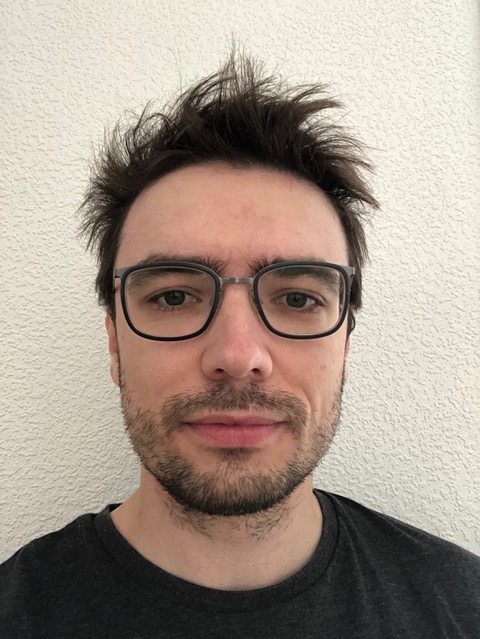
Corentin Prigent is a research engineer at Inria Bordeaux. He has a background in applied mathematics and mathematical modeling and holds a PhD in numerical analysis from Université de Bordeaux obtained in 2019. In particular, he has worked on scalable and efficient numerical methods for solving costly models from plasma physics, rarefied gas flows and electromagnetic wave propagation on HPC systems. After having worked on mesh generation software development for the MICROCARD project for two years, he has become the lead engineer of the Mmg consortium.
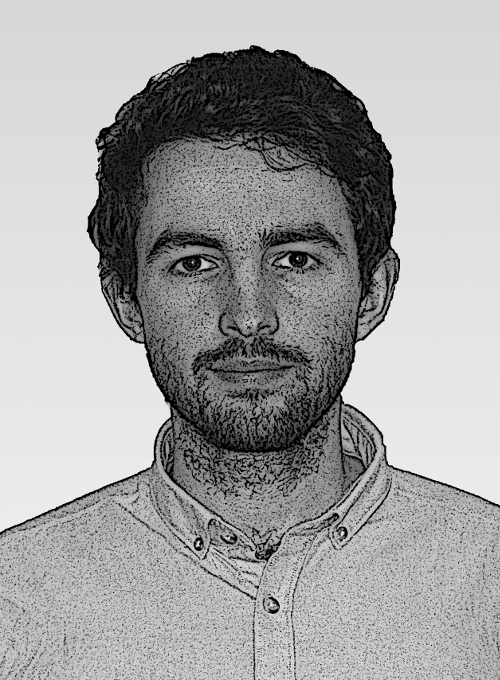
Tomas Stary is a research software engineer at the Institute of Biomedical Engineering at Karlsruhe Institute of Technology (KIT). He obtained his PhD in applied mathematics from the University of Exeter where he studied numerical methods for Markov chain models of ionic currents. Later he also worked in industry on a full-stack development of web applications. homepage
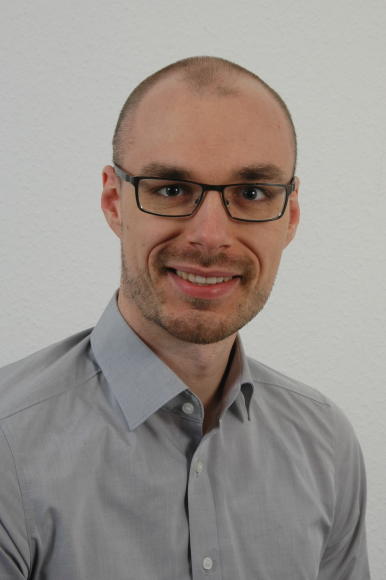
Marcel Koch, PhD was a post-doctoral researcher within Hartwig Anzt's group at the Steinbuch Centre for Computing in Karlsruhe Institute of Technology. He attained a PhD in mathematics from the University of Münster, Germany, in 2021. During his PhD thesis he investigated generating high-performant kernels for finite element computations. His current work is focused on linear solvers for modern HPC systems.
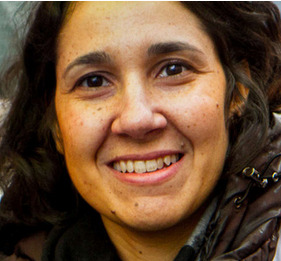
Raffaella Guglielmann is Assistant Professor in Numerical Analysis at the Department of Mathematics of University of Pavia. She received a degree in Computer Science Engineering from the University of Pavia (1996) and a Ph.D. in Computational Mathematics and Operations Research from the University of Milan (2001) discussing a dissertation on "A new methodology for nonlinear dynamical system identification." Her research interests are mainly in the field of system identification, modeling of biomedical systems, and machine learning. homepage
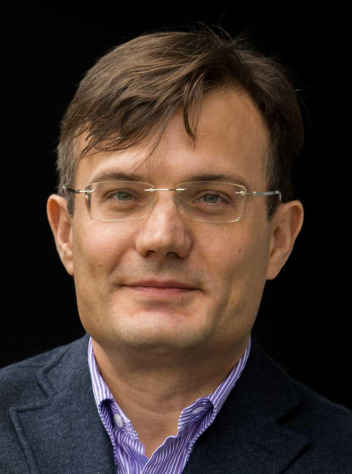
Rolf Krause is full professor at USI (chair for advanced scientific computing), director of the ICS and co-director of the Center for Computational Medicine in Cardiology (CCMC) of the Università della Svizzera italiana. His scientific research focuses on numerical simulation and mathematical modeling in scientific computing and computational sciences. The group of Prof. Krause currently consists of 14 PhD students and 4 PostDocs working on projects ranging from the development of new numerical methods to multi-disciplinary projects, with strong emphasis on challenging industrial or medical real-world applications. Current projects include finite element methods for cardiac simulation, in particular electrophysiology and cardiac mechanics, nonconforming domain-decomposition methods in geo-sciences, and nonlinear and non-smooth multigrid methods in space and time for coupled problems. Therefore, a strong experience in the solution of time dependent PDEs, in parallel solution methods, time discretizations, and numerical analysis, as well as simulation software is available within the group. Prof. Krause has received more than 1M Euros funding from the DFG, the BMBF, the SNSF and industry contracts, and is co-author of a patent. He is also serving as a co-editor for the SIAM Journal on Scientific Computing.
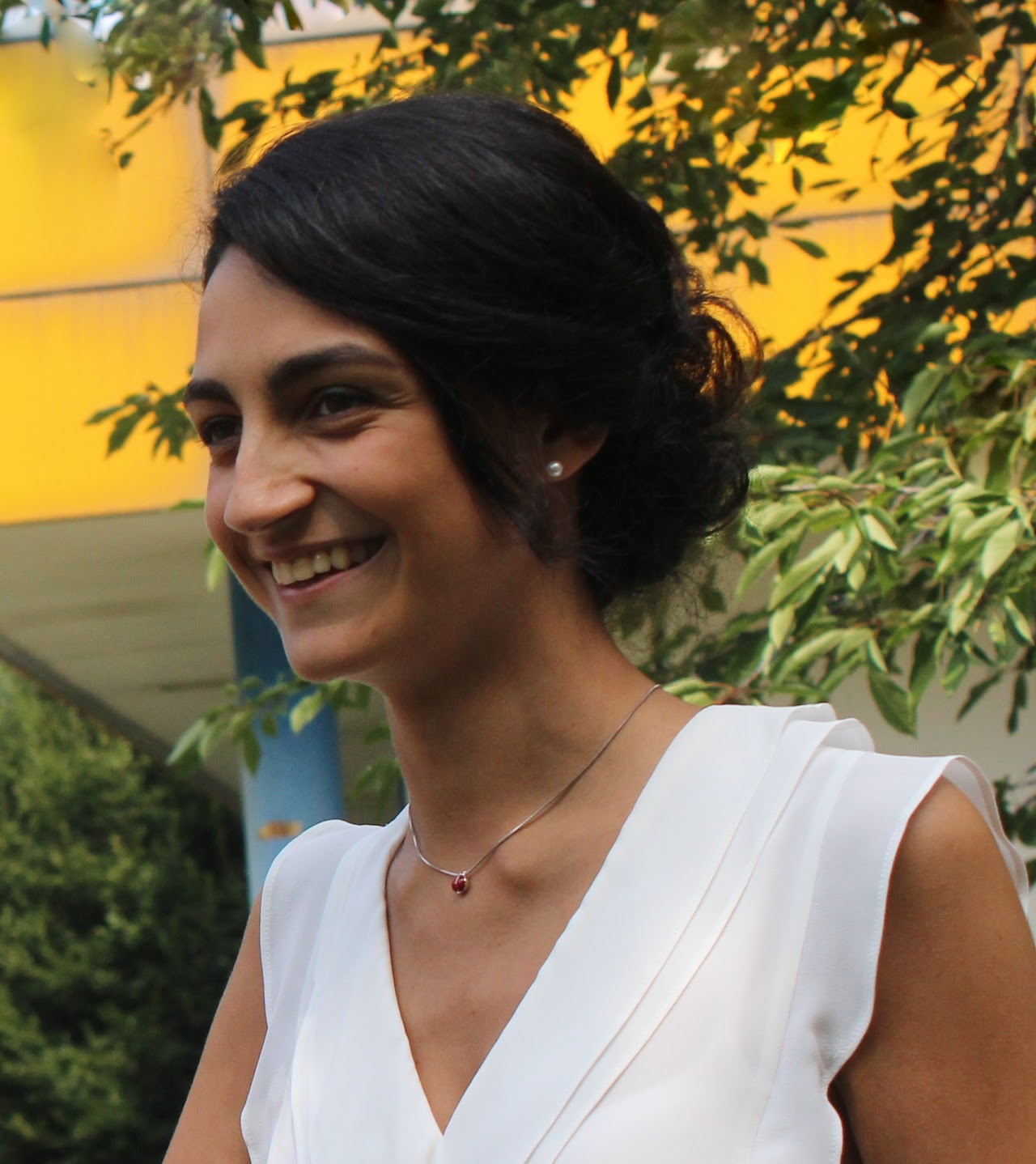
Sofia Botti is a post-doctoral researcher at Università della Svizzera italiana (USI) and University of Pavia (UNIPV). She completed her joint PhD program between USI and UNIPV in Computational Mathematics and Decision Sciences in 2022. During her PhD period she started a tight collaboration with experimental partners from CardioCentro Ticino, working on human induced pluripotent stem cell–derived cardiomyocytes. Her thesis was focused on ionic currents and 3D models for an engineered ventricle.

Bérenger Bramas holds a researcher position (Chargé de Recherche) at Inria Nancy since October 2018. He is also a member of the ICube laboratory. He defended his PhD thesis in 2016 on the parallelization and optimization of the time-domain boundary element method for the wave equation. Subsequently, he worked as an HPC Expert at the Max Planck supercomputing center (MPCDF) in Markus Rampp’s team. His research interests focus on scientific computing, runtime systems, scheduling, software engineering for HPC, and automatic optimization/parallelization.
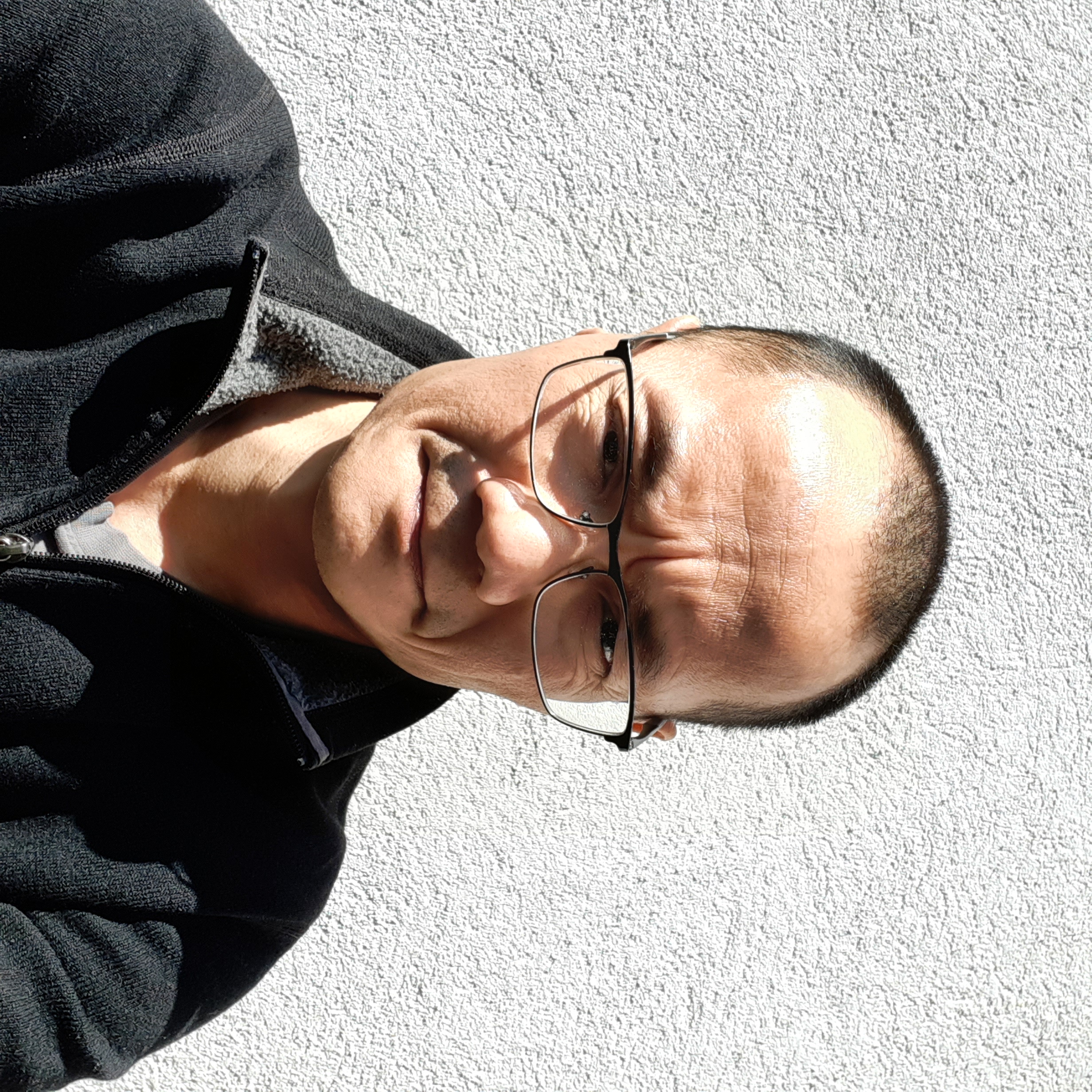
Thai Hoa Trinh received his Master's degree in computer science in 1996. He has been an engineer at Orange Labs since 1996, and he is on leave for a year to join the MICROCARD project. He is working on optimizing the solver codes.
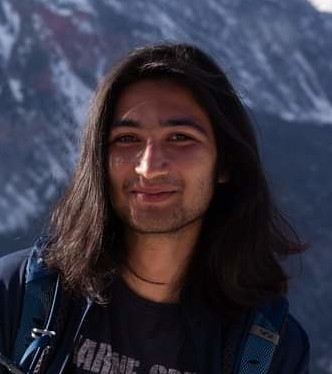
Atoli Huppé is a research engineer at the ICube laboratory, working on code generation for the MICROCARD project. He obtained his Master's degree at ENSTA Paris where he studied computer science, architecture of information systems, and cybersecurity.
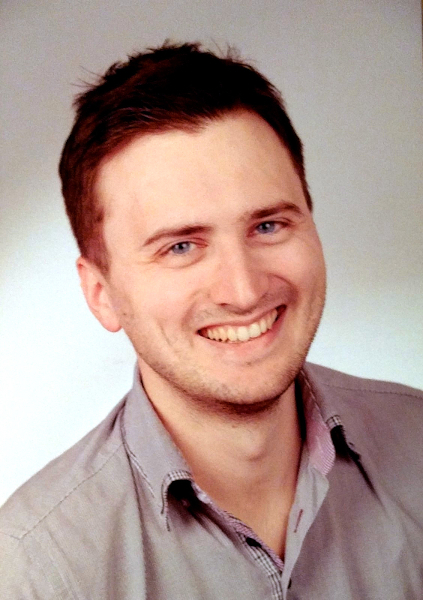
Aurel Neic is the CEO of Numericor GmbH. He has received a PhD in Mathematics from the University of Graz in 2015. He has a background in High Performance Computing and Iterative Solver Methods, but his expertise also includes GPU computing, parallelization techniques, software architecture design and mesh generation techniques. He is involved in international projects with KIT, the King's College London and Medtronic. Aurel Neic is one of the 5 members of the Steering Committee of the openCARP project.
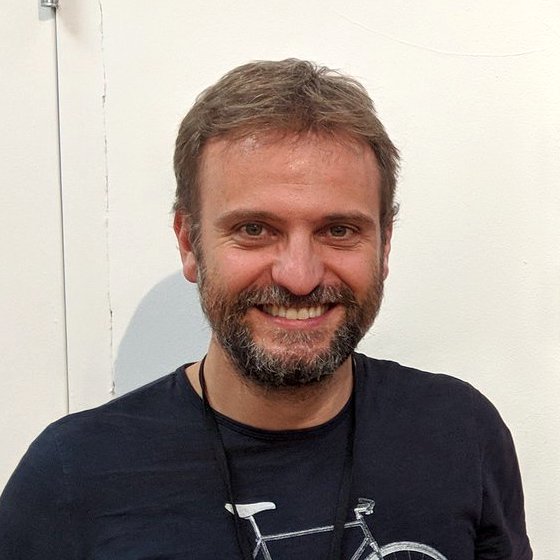
Luca Antiga is co-founder and CTO at OROBIX. Luca obtained his PhD degree at the Politecnico di Milano in 2003. He was a postdoctoral fellow at the Robarts Research Institute in London, Ontario, under the supervision of Prof. David A. Steinman and later he joined the Mario Negri Institute in Bergamo, as Head of the Medical Imaging Unit. He has over 50 publications in peer-reviewed journals, in particular in medicine, bioengineering and deep learning. Luca is the lead developer of the Vascular Modeling Toolkit and contributed to multiple open source projects over the years, including ITK, 3DSlicer and more recently PyTorch and RedisAI. He has been associate Professor at the IUSS, Pavia, in 2019, with a course on Scientific Python.

Lisa Lozza is a Data Scientist at Orobix since 2015. She obtained her Bachelor and Master’s degrees in Mathematical Engineering from Politecnico di Milano, with a thesis in the use of Deep Learning for the detection and segmentation of lesions from CT imaging data in traumatic brain injury (TBI) patients admitted to intensive care. She is currently the Area Coordinator for the Data Science division at Orobix, among her activities she trains and coordinates Orobix personnel in the application of Deep Learning to healthcare and manufacturing projects.
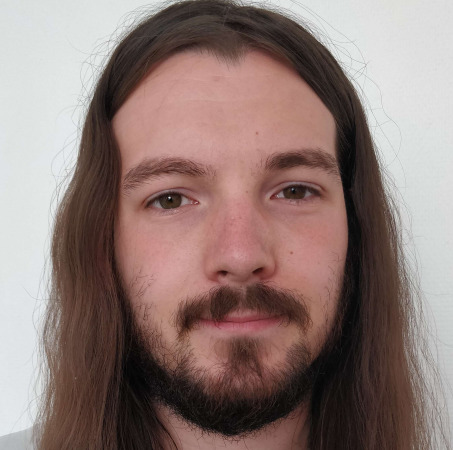
Nicolas Ducarton is a junior software engineer specialized in High Performance Computing. He finished his studies at Université de Bordeaux in 2023, receiving a Master's degree. He is a member of the STORM team at the Inria center in Bordeaux, and is working on WP2 for a year.
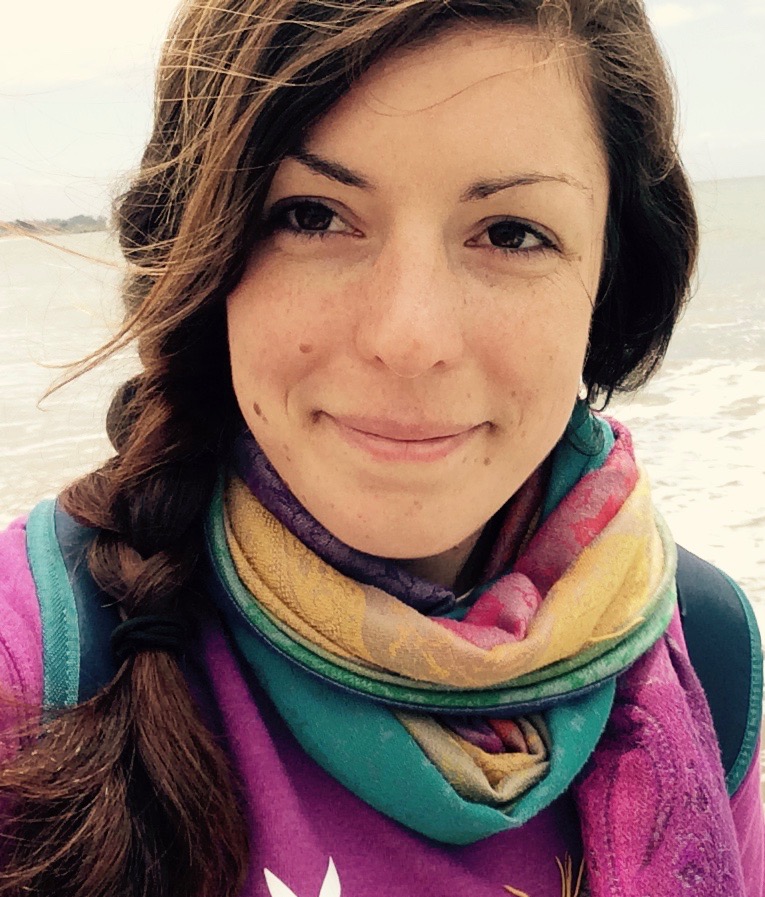
Emmanuelle Saillard is an Inria junior researcher in the STORM team at Inria Bordeaux with an expertise on static analysis and parallel codes verification. In particular, she worked on the verification of parallel codes in MPI+OpenMP and optimization of code written in UPC, an extension of the C programming language that provides a uniform programming model for both shared and distributed memory hardware. Her recent work focuses on compiler/runtime interaction and MPI code verification and optimization. She has experience with several HPC systems (Tera 100, Curie and Cori). homepage
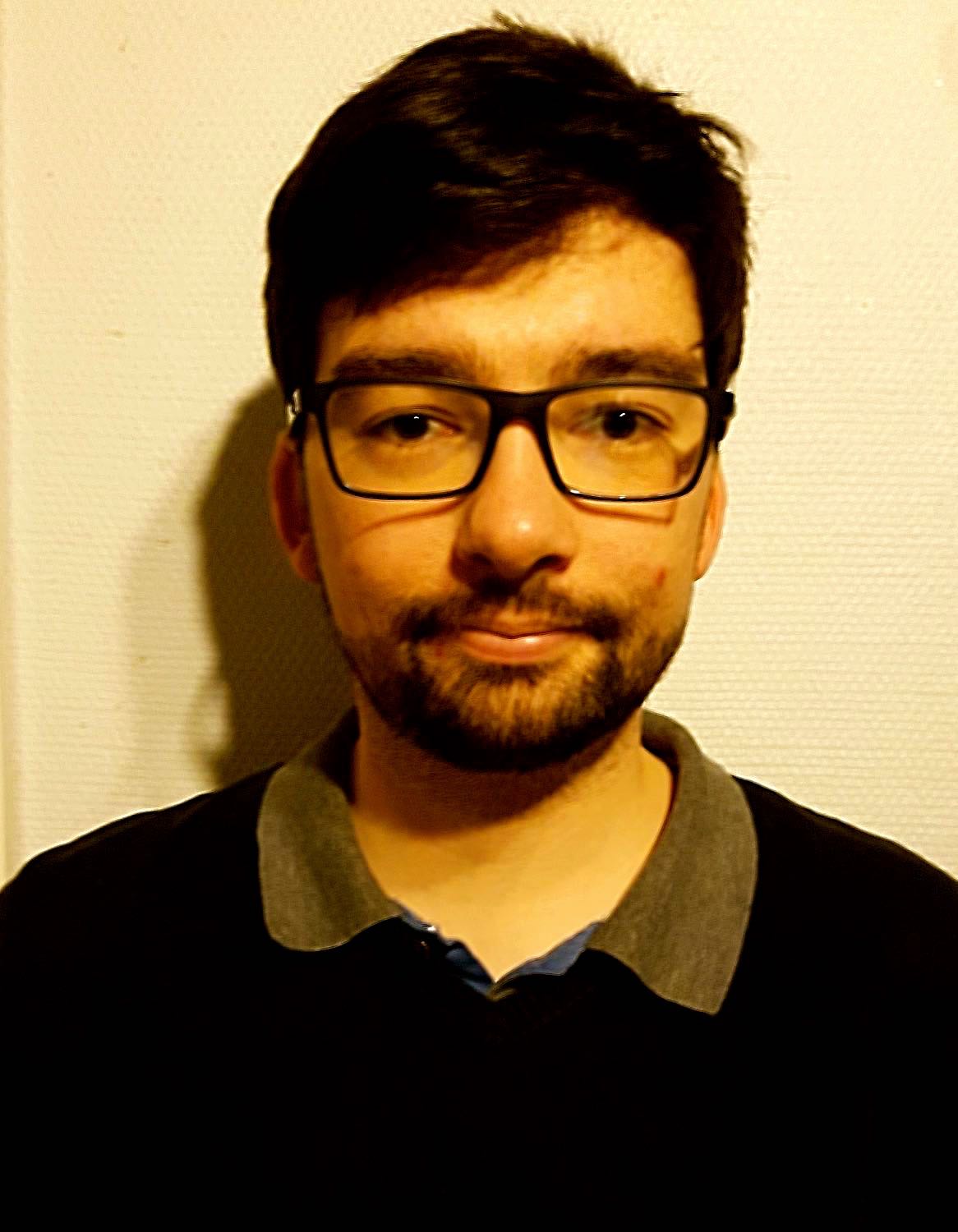
Terry Cojean, PhD is a PostDoctoral researcher in Hartwig Anzt's research group at the Steinbuch Centre for Computing. He received his PhD at Inria Bordeaux where he worked on implementing and studying a new task model for runtime systems, which provides significant performance improvements in modern heterogeneous machines. Currently, he is a lead developer of the Ginkgo software where his work focuses on supporting and studying modern HPC technologies such as AMD HIP, heterogeneous computing for sparse iterative methods and sustainable software development and reproducible research.
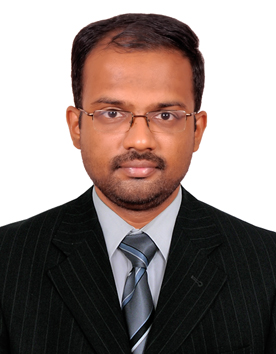
Arun Thangamani was a PhD student at ICPS lab, Université de Strasbourg, associated with the Inria team CAMUS. He obtained his MS (by Research) in Compiler Optimization in 2019 from Indian Institute of Technology Madras. Prior to joining Université de Strasbourg and Inria, he worked at Microsoft Research India as a Research Fellow for two years focusing on Software Testing and Verification. He worked on MICROCARD work packages 2 and 6. Arun defended his PhD thesis "Optimized Code Generation of Parallel and Polyhedral Loop Nests using MLIR" on 25 September 2024.
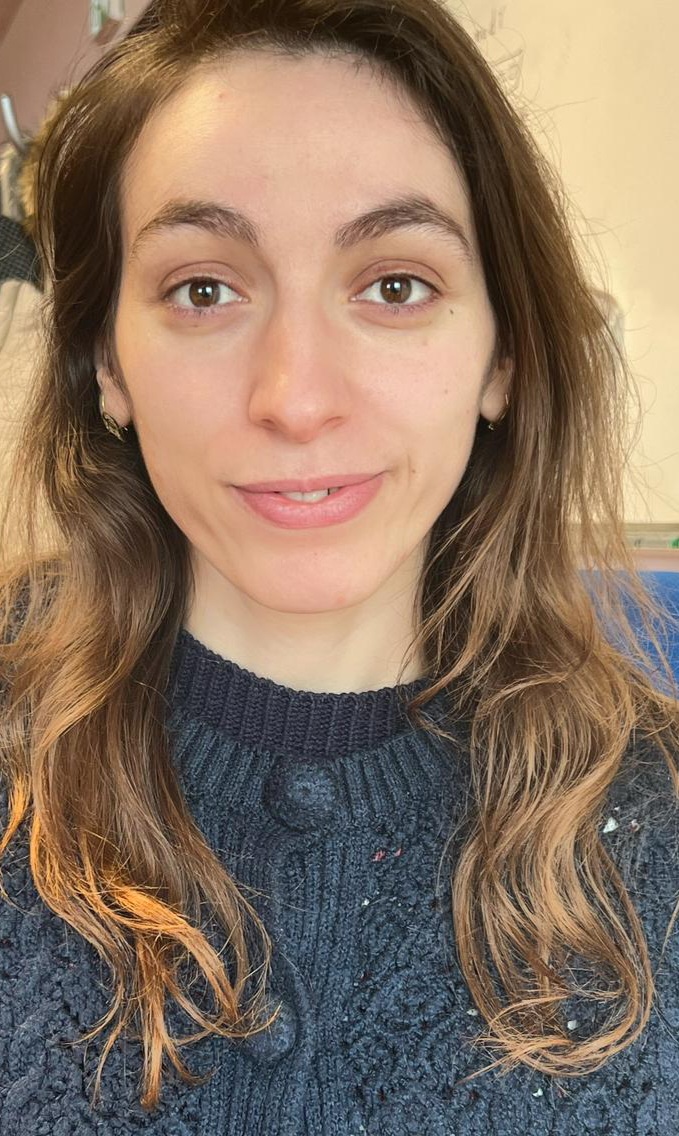
Wissam Bouymedj is an Engineer Developer with expertise in C++. She works on the numerical discretization and implemention of the cell-by-cell model. She obtained her Master's degree in High-Performance Computing and Simulation from the University of Versailles Saint-Quentin-en-Yvelines, which has provided her with a strong foundation in computer science and advanced computing techniques.
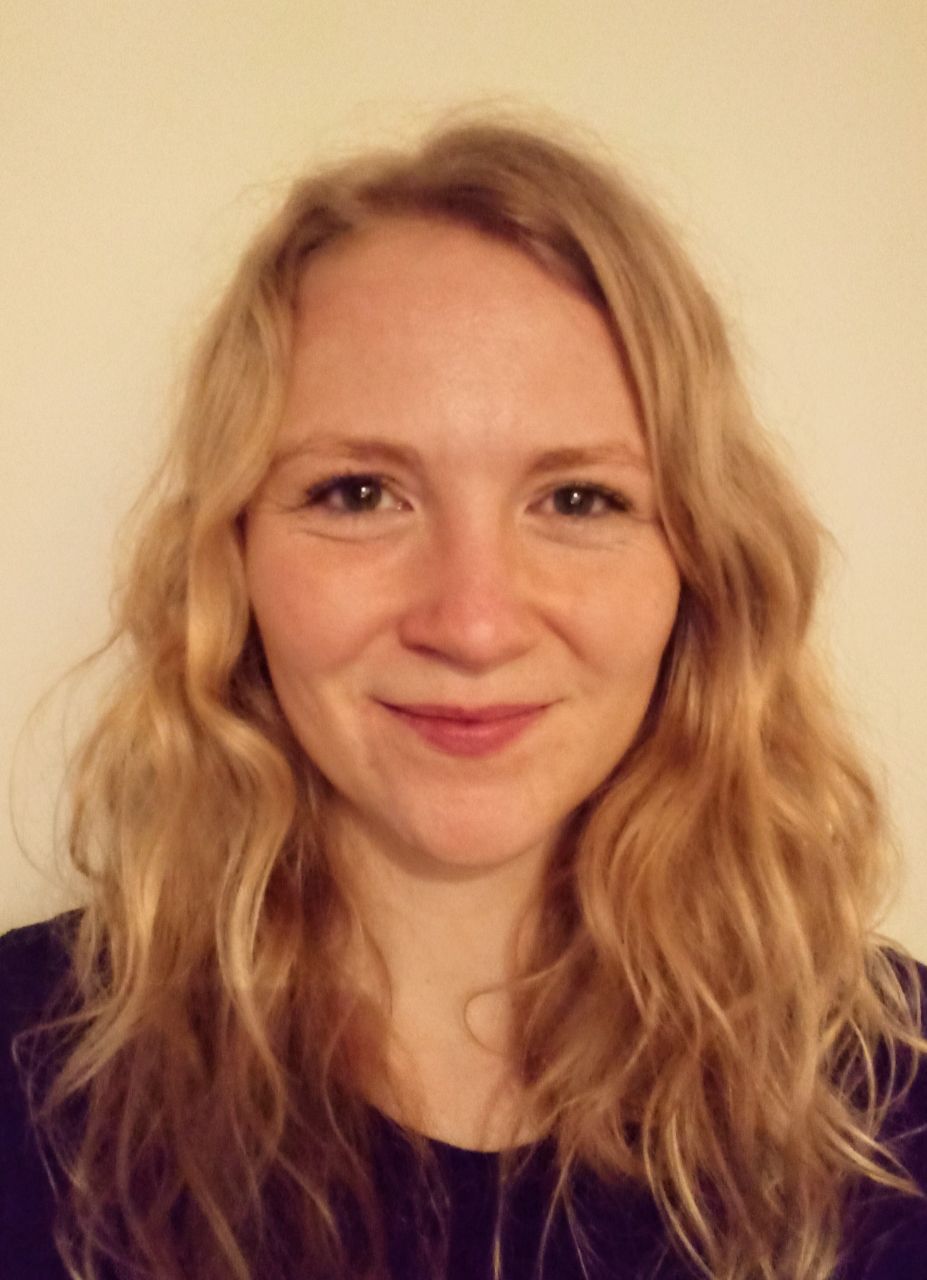
Lea Strubberg worked as a student assistant at the Zuse Institute Berlin (ZIB), focusing on Numerical Analysis and supporting WP3 and WP5. She holds a Bachelor's degree in mathematics with a thesis on Fourier and wavelet series approximation. She recently joined the Master’s program at the Freie Universität Berlin and will write her Master’s thesis on numerical methods for cardiac electrophysiology.
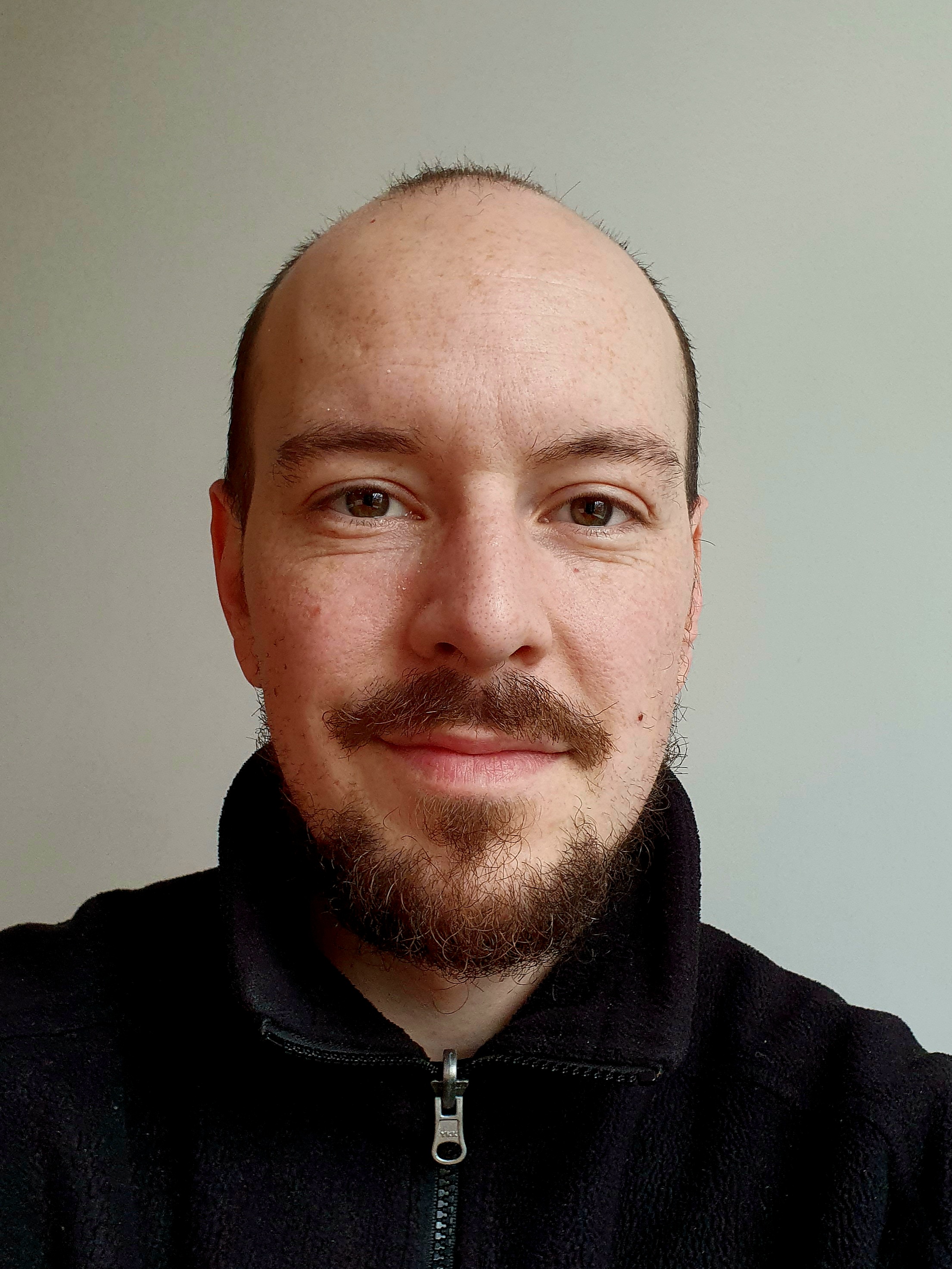
Felix Baumann is a PhD student in Applied Mathematics at Zuse Institute Berlin. He received his master's degree in Mathematics in 2020 from Technische Universität Berlin. His current work is in the field of mathematical modeling and optimal control of PDE constrained systems, in particular for biomedical applications. He will contribute to WP3 and WP5 by studying and implementing efficient multilevel solvers relying on coarse model approximations based on the monodomain model.

Lia Gander worked as a postdoctoral researcher at Università della Svizzera italiana (USI). She obtained her Master in Mathematics at the Ecole Polytechnique Fédérale de Lausanne (EPFL) in 2019 and she completed her PhD in Computational Science at USI in 2023. Her thesis focused on multi-fidelity modeling of cardiac electrophysiology, with particular interest in atrial fibrillation.

Denis Barthou was a professor at the engineering department of the Université de Bordeaux and leader of the STORM team at Inria Bordeaux. The team is part of the Laboratoire Bordelais de Recherche en Informatique (LABRI), UMR 5800 of the CNRS, Université de Bordeaux, and its engineering department, Bordeaux INP. D. Barthou has over 15 years experience in HPC, in methods for parallel code optimization and tuning. His recent work focuses on approaches combining static and dynamic optimization, for OpenCL optimization on heterogeneous architectures, for data structure optimization, for parallel/vector code generation. Within MICROCARD, he led work package 2, before leaving to industry.
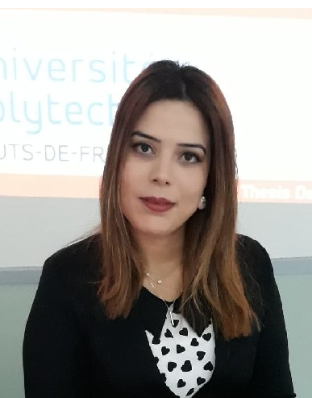
Mariem Makni was a research engineer at Inria's STORM team. She received her PhD from the Polytechnic University of Hauts-de-France. In this thesis, she worked on developing a high level tool, HAPE, which is a high-level area-power estimation framework for FPGA-based accelerators. She worked on task-based code-parallelization in work packages 2 and 7.
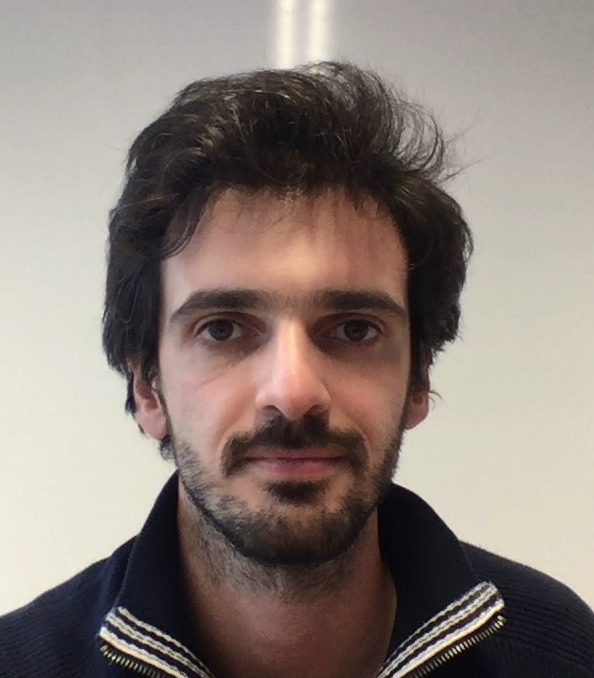
Luca Cirrottola is a research engineer at Inria Bordeaux. He holds a PhD in aerospace engineering from Politecnico di Milano and he is specialized in mesh adaptation and its applications in computational mechanics. He is one of the main developers of ParMmg, a free and open-source software for parallel mesh adaptation. Luca worked on MICROCARD during the first year of the project. homepage
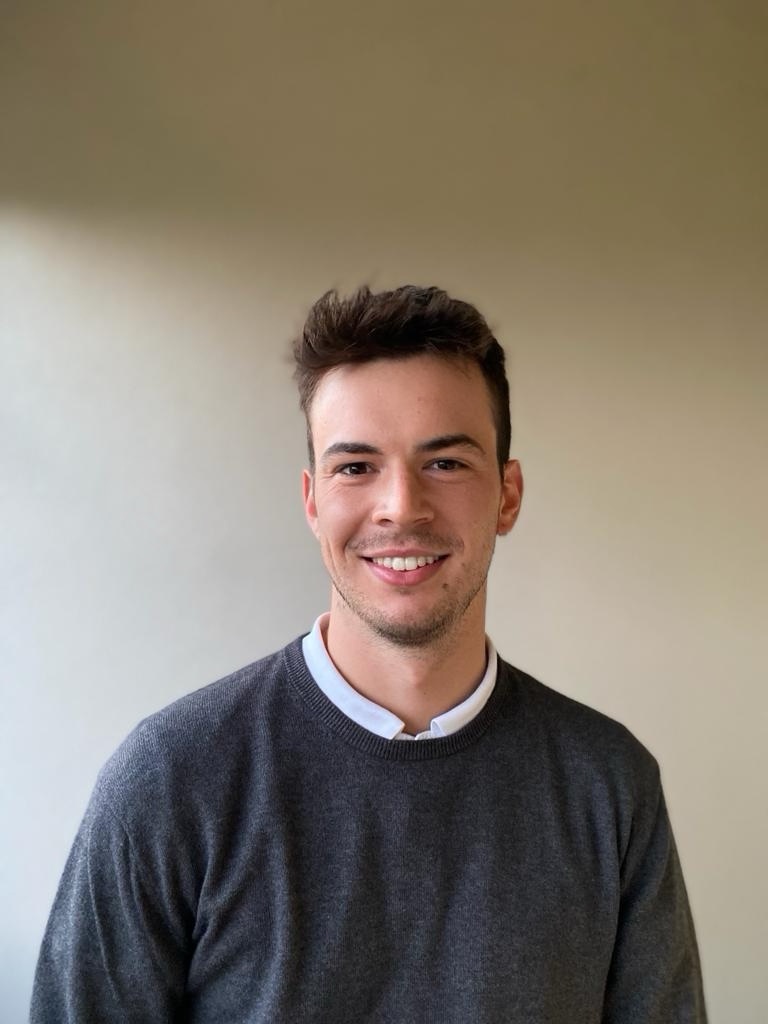
Francesco Brarda worked as a Software Engineer on work package 7, before leaving for a PhD position at Emory University. He holds a Master’s degree in Mathematics with CFD applications in biology and medicine. Former Research Technician at BCAM in Bilbao as part of the MSLMS team, he worked to improve an interface between a parallel library (PETSc) and a statistical open source software (Stan).
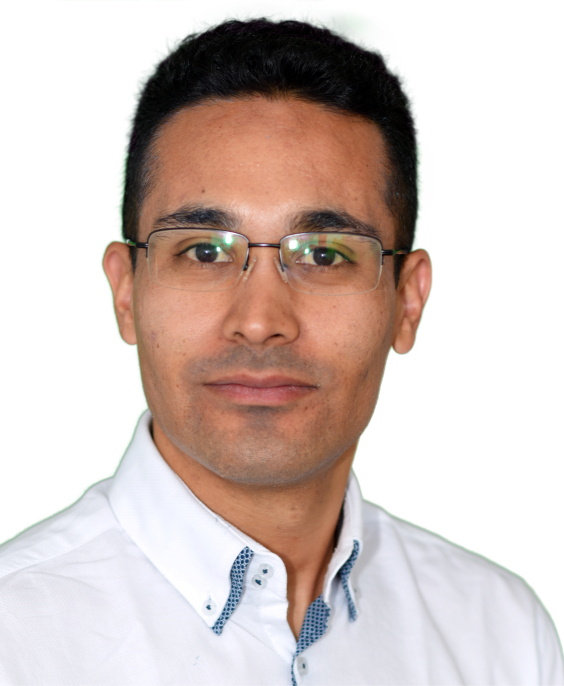
Jorge P. Sánchez Arciniegas worked on MICROCARD as a researcher at the Karlsruhe Institute for Technology until 2022. His expertise is in cardiac electrophysiology as well as cardiac modeling. He is particularly interested in the structural remodeling of the cardiac substrate and its effect during cardiac arrhythmias. He also has experience in high-performance computing and contributed to the development of openCARP. Moreover, he is involved in international collaborations, including the Polytechnic University of Valencia. homepage Twitter
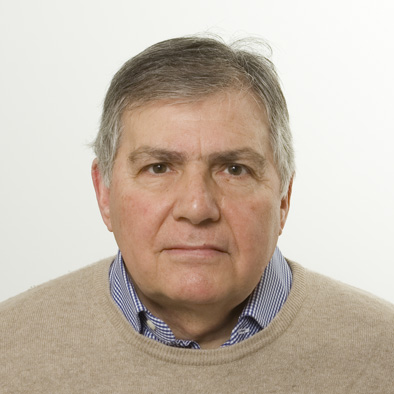
Piero Colli Franzone was an Emeritus professor of Numerical Analysis at the Department of Mathematics of the University of Pavia. He received a degree in Mathematics from the University of Pavia (1969). He is well known for his contributions to the field of computational electrocardiology, in particular for his works on the bidomain model, eikonal equations, inverse problems and anisotropic front propagation. He contributed to MICROCARD as an adviser in the Pavia group. Sadly, Professor Colli Franzone passed away in June 2023.
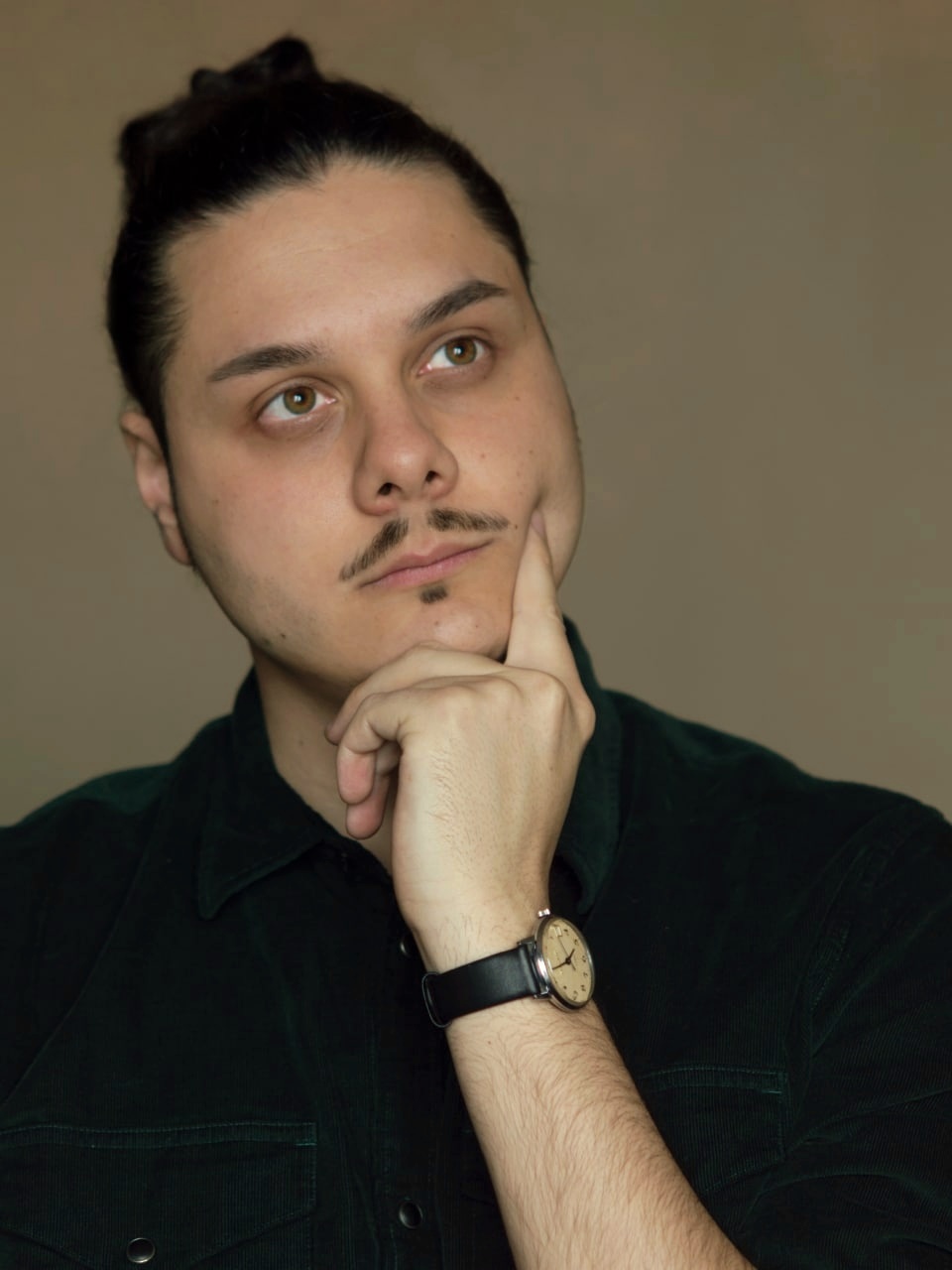
Andrea Dorizza was a data scientist at Orobix Life until July 2022, contributing to the image segmentation work of MICROCARD. He graduated in Biomedical Engineering in 2020 at Politecnico di Milano with a thesis about the use of deep learning for cardiovascular signal processing to non-invasively estimate arterial blood pressure. His work consists of applying state-of-the-art deep learning techniques to solve real-world problems from healthcare and agricultural domains.
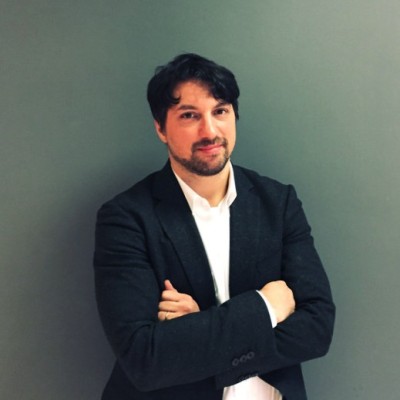
Alessandro Chiarini worked as Technical Business Developer for the Orobix's Life Sciences business unit. Orobix Life's mission is to bring AI to make more efficient products and processes in Life Sciences. He spent more than 10 years at CINECA, the largest Italian supercomputing centre, in different roles, R&D Manager in the medical imaging and modelling business unit (SuperComputing Solutions SCS/BioComputing Competence Centre B3C) being involved in several EU funded projects (most notably, LHDL, @neurIST, VPHOP, RT3S) and then on technical computing projects both with industrial partners and on EU funded ones (e.g. Fortissimo, PRACE). He then moved to private companies, focusing on distributed computing projects (such as cloud infrastructures or data processing systems).
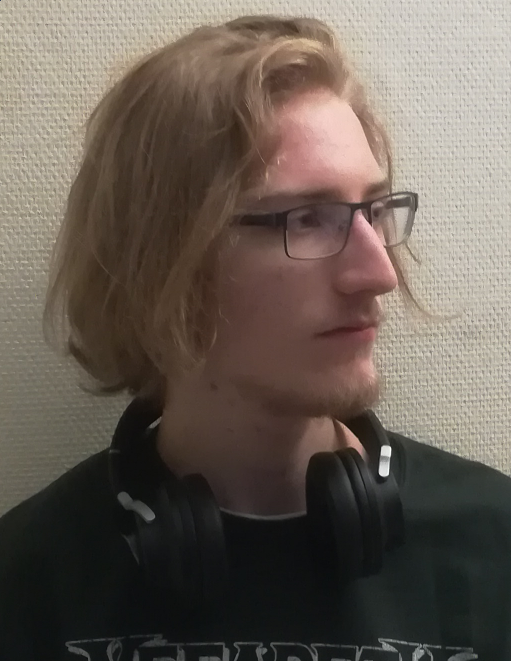
Raphaël Colin worked as a research engineer at the ICube laboratory on code generation for the MICROCARD project. He obtained his Master's degree at the Université de Strasbourg where he studied computer science, rendering and graphics.
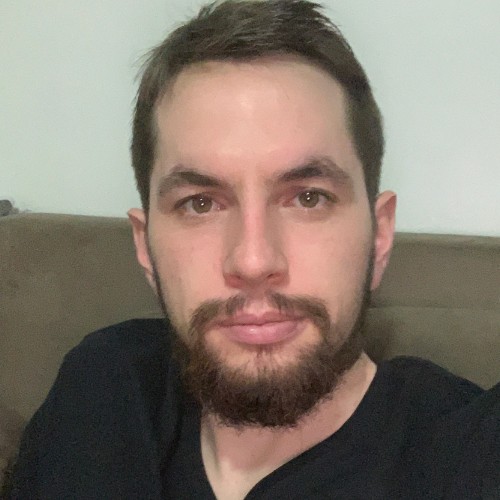
Tiago Trevisan Jost worked as a research engineer at Inria and Université de Strasbourg. He holds a PhD in Computer Science from the Université Grenoble Alpes where he worked on a compilation flow for variable precision floating-point arithmetic and its new formats. His recent research topics include compiler optimizations and transformations for embedded systems and HPC systems, floating point representations, and the exploration of scientific computing applications.